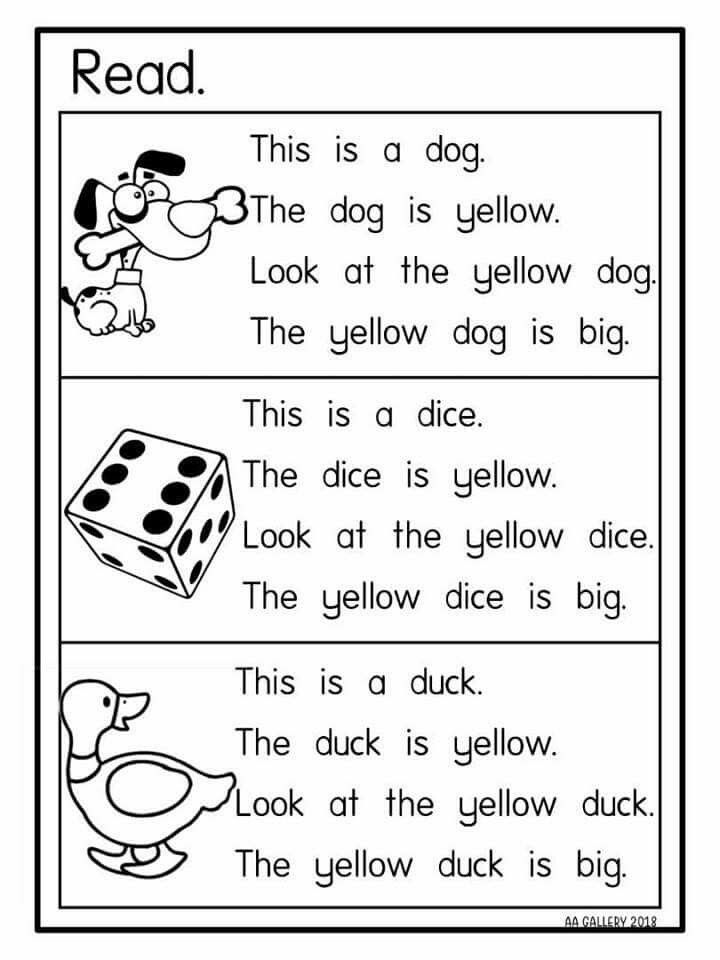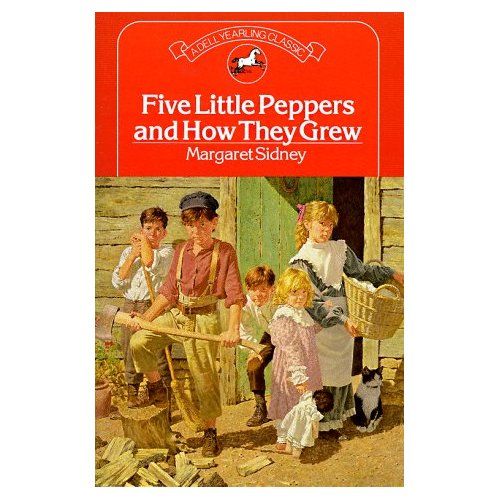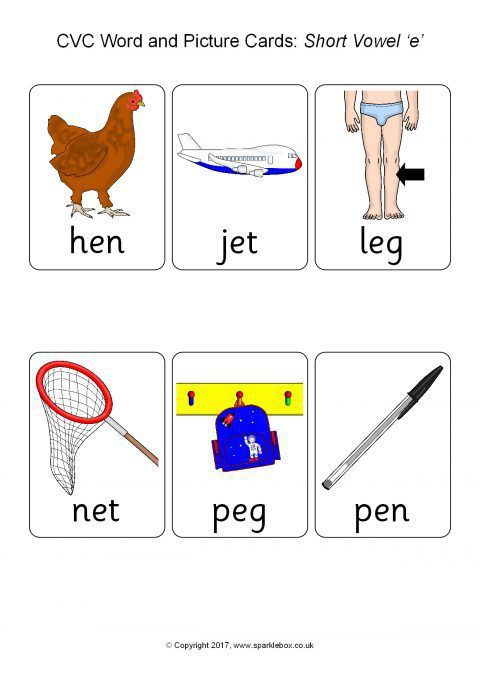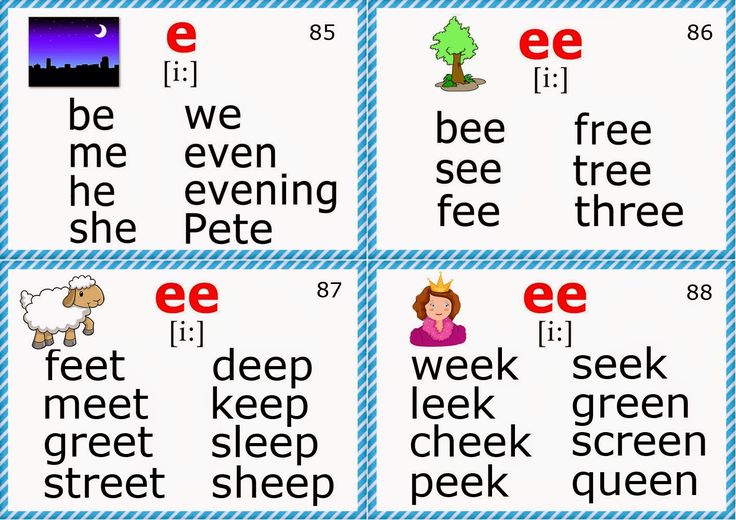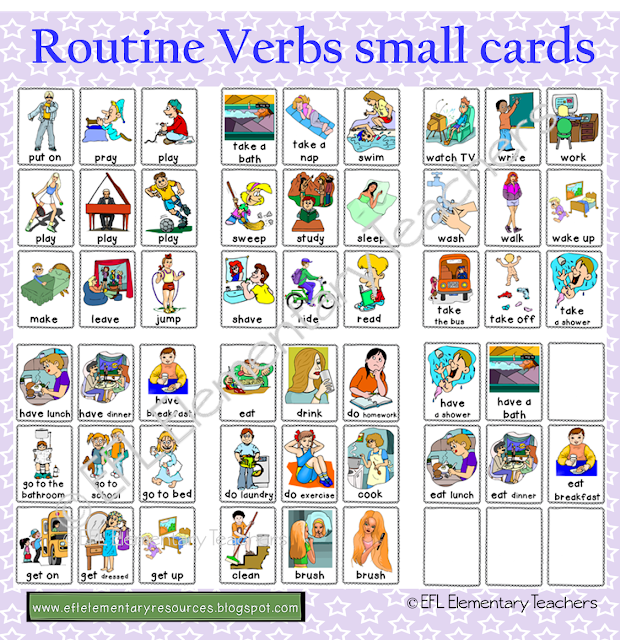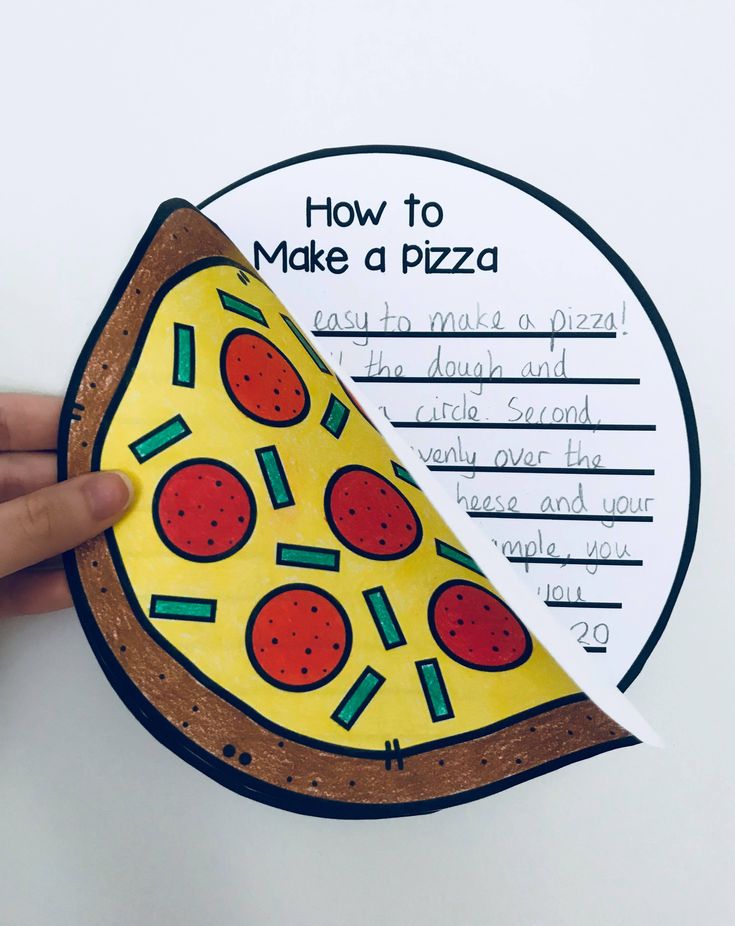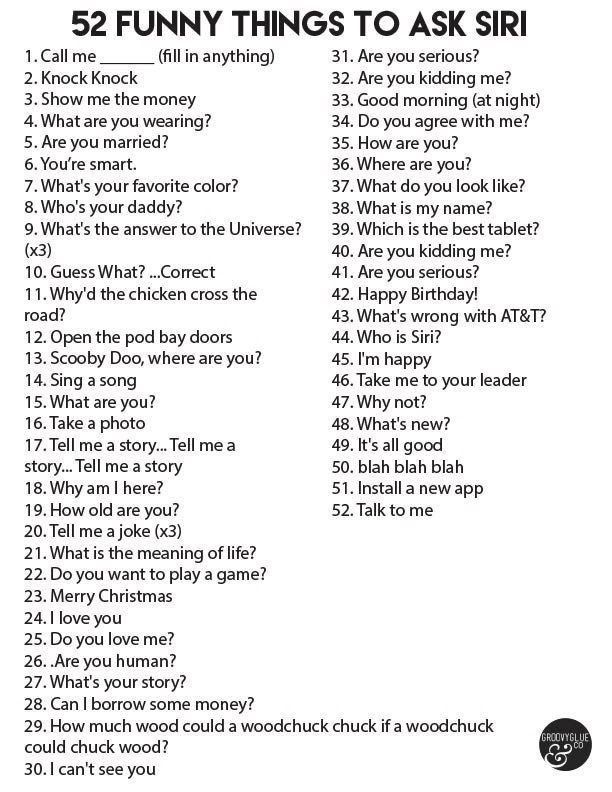How to spell learning
Learning to spell for adults and mature learners
Not all adults have perfect spelling skills. In fact, many have developed bad spelling habits over the years. This is even more so the case today given the nature of communication on social media networks and mobile texting.
Abbreviations are common in order to save space in posts and message chains and people ignore English capitalization and punctuation rules. It’s also the case that individuals who left school early may simply have missed out on learning how to spell in the first place.
And while spelling is only one aspect of productive language knowledge, it tends to be a rather obvious one. You may not know what a word means, but when you misspell something, everyone notices.
Spelling is not a reflection of intelligence. Nonetheless, it is still necessary to know how to spell in order to be successful in academic and work endeavours. Having poor spelling skills in English can cause an adult to be judged negatively by others.
They may lose out on job or career advancement opportunities and often will experience feelings of embarrassment and low self-esteem. Worse still, poor spelling skills can cause individuals not to reach their full potential at school.
This is because when a young adult finds certain words hard to spell, they may rely on more common and less specific vocabulary in writing, or avoid writing altogether. Their written work can appear over-simplified and may not reflect the true extent of their vocabulary.
While it may be embarrassing to practice spelling as an adult, an intervention is often required as it is not a skill that will fix itself. Learning to spell involves targeted work, including repetition and transcription exercises.
Enrollment in a basic adult education course at a local school is recommended, particularly if poor reading skills are also a factor.
Individuals who can’t spell may also wish to sign up for an adult spelling course or use a program or app that runs on a home computer.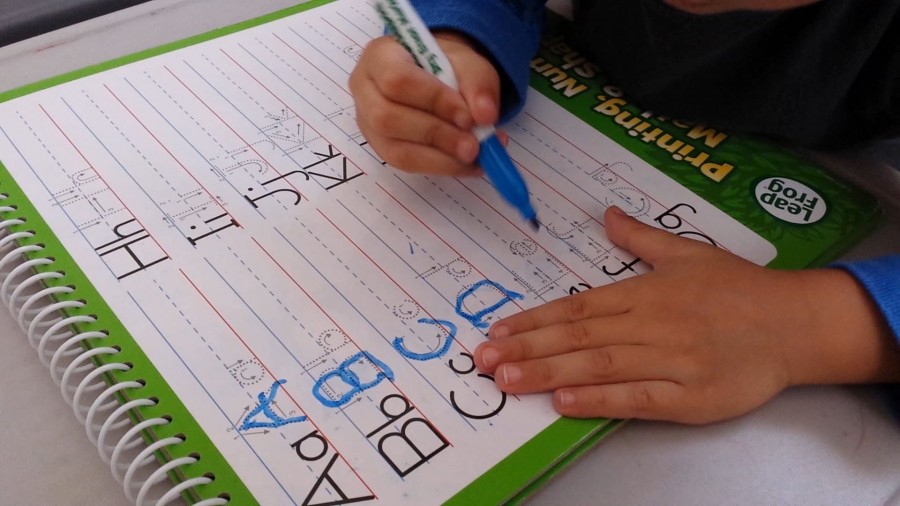
It's even possible to learn how to spell and acquire a new skill at the same time! This is the case with mastering touch-typing using Touch-type Read and Spell (TTRS). Originally developed to help learners with dyslexia, it takes a unique whole-word approach and teaches spelling together with typing.
Learning spelling as an adult vs. as a child
Because English spelling is so irregular, children learn spelling at school. Some even compete in spelling bees, which are competitions that cover some of the hardest to spell words in the English language.
However, for adults it is assumed that they already learned the spelling of most words at school. Thus when it comes to people working in specialized fields, there isn’t always the same level of attention to subject and domain specific vocabulary, which may prove problematic.
Again, that’s where Touch-type Read and Spell can help. You can create your own modules that contain the relevant vocabulary you need to practice.
Moreover, most children learn how to spell at the same time as they learn new words.
This means their spelling skills develop along with their vocabulary. On the other hand, an adult with poor spelling skills may have a wide knowledge of spoken language but experience difficulty when it comes to writing down all of the words he or she knows.
An adult who is learning English as a second language can have trouble with English spelling due to the lack of 1:1 sound letter correspondence. In other words, there are many ways of writing the same sound in English.
Spelling is even further complicated if the adult learner’s native language does not have a specific letter, or if it uses a different alphabet.
Reading and spelling skills are related, as spelling is part of the sound-letter mapping children need to decode words.
But while children learn at school, adults may need to be taught how to learn spelling. This can involve mastering memory tricks or understanding that repetition and multi-sensory learning can improve retention.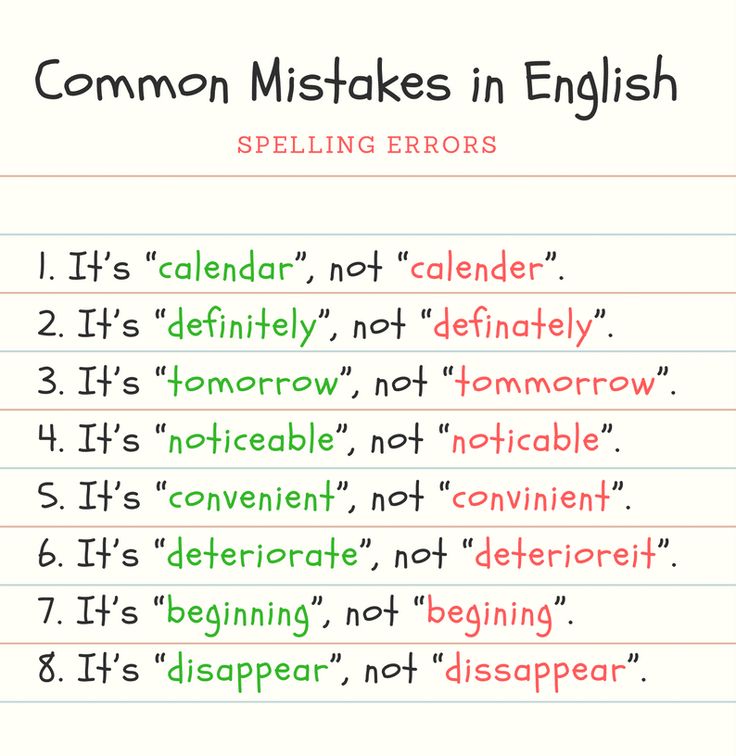
Specific learning difficulties
Fear of being exposed for bad spelling, reading or writing habits can keep many adults from improving their skills. But sometimes an adult’s struggles with spelling are the result of an undiagnosed learning difficulty that caused them to miss out on crucial early literacy skills or to leave school due to frustration with reading and writing in the classroom.
These individuals can highly benefit from addressing their specific learning difficulty and learning strategies that will help them overcome literacy roadblocks and improve spelling, no matter what their age.
DyslexiaDyslexia can manifest in different ways, but it's common for it to cause spelling difficulties rooted in a lack of phonological awareness. Luckily, there are strategies that can help dyslexic adults learn how to spell.
DyspraxiaAs opposed to dyslexia, dyspraxia is more related to planning and fine motor skills interruption.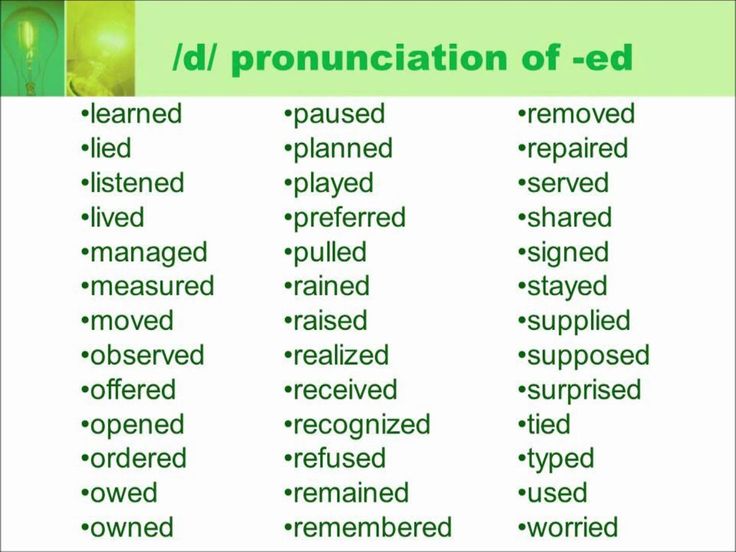 However, it can cause problems when it comes to writing words out by hand. Without ample practice writing, an individual may develop poor spelling skills. That’s why learning how to type is an excellent solution for dyspraxic individuals who are looking to improve their skills.
However, it can cause problems when it comes to writing words out by hand. Without ample practice writing, an individual may develop poor spelling skills. That’s why learning how to type is an excellent solution for dyspraxic individuals who are looking to improve their skills.
Handwriting difficulties may be a result of dysgraphia, a condition that makes it difficult and sometimes even painful to write by hand. An individual who has avoided writing for most of his or her life is likely to have underdeveloped spelling skills.
ADHDIndividuals with attention difficulties may find it difficult to focus and can have trouble sitting still. This makes it hard to concentrate during writing activities, particularly when it comes to learning spelling rules. Tactile learning via touch-typing can be a solution in these cases.
Spelling tips
- Know the rules. They aren’t consistent and there are plenty of exceptions, but it’s still worth learning some spelling rules in English.
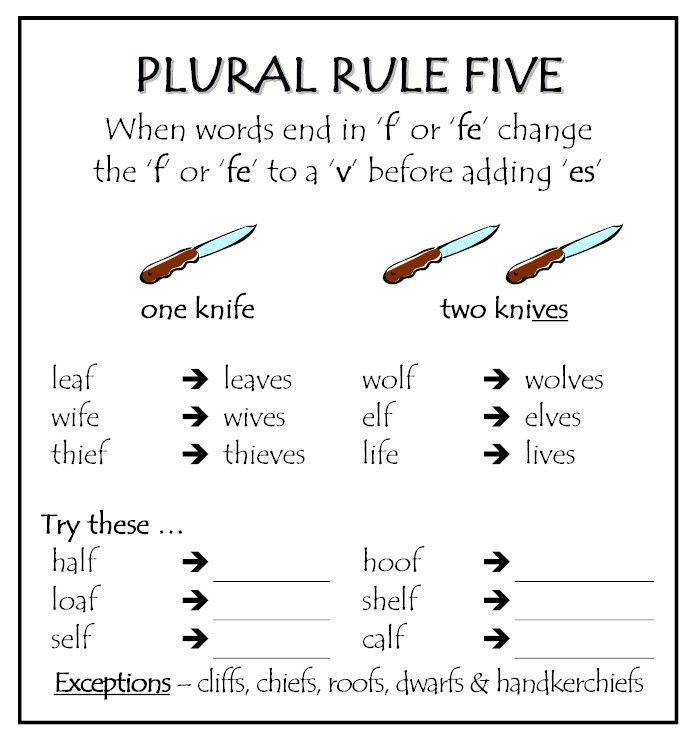 When you learn a rule, be sure to review a set of common examples that demonstrate it, as well as words that break the rule. You may decide to pick up a page of English text and underline all of the words that conform to the rule. When you’re done, look for the exceptions, as you are sure to find a few!
When you learn a rule, be sure to review a set of common examples that demonstrate it, as well as words that break the rule. You may decide to pick up a page of English text and underline all of the words that conform to the rule. When you’re done, look for the exceptions, as you are sure to find a few!
- Study Dolch Words. Also called Sight Words, these are among the most frequent words in English and account for up to 50% of most texts. They include prepositions, verbs, adjectives, articles and adverbs and overlearning them will allow you to spend more time learning the spelling of harder, less frequent vocabulary.
- Recognize prefixes and suffixes. When one or two letters appear at the start of a word and change the meaning in a consistent way, it is called a prefix. For example, re- means to do something again, such as review, regenerate, reiterate.
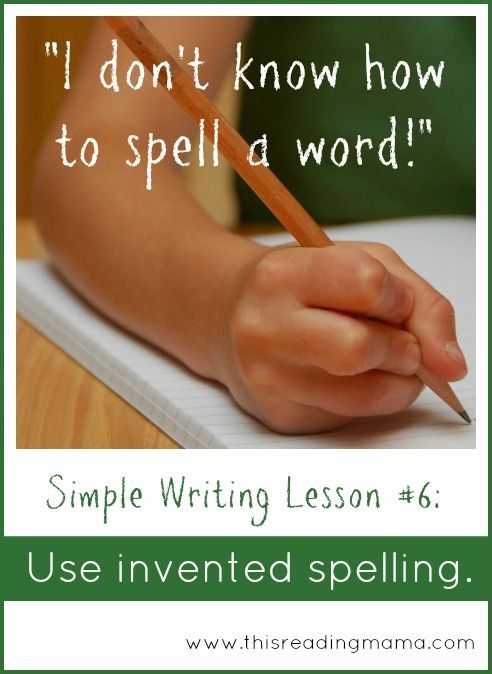 A suffix added to the end of a word functions in a similar way. For example, we use –s or –es to make a noun plural. English is full of common suffixes and prefixes that you can learn. Familiarizing yourself with them will help you to see the various parts of a word and improve your spelling.
A suffix added to the end of a word functions in a similar way. For example, we use –s or –es to make a noun plural. English is full of common suffixes and prefixes that you can learn. Familiarizing yourself with them will help you to see the various parts of a word and improve your spelling.
- Read as often as you can. Every language has common combinations of consonants and vowels. The more you read, the more you will be exposed to them and the more familiar they will become. It’s easier to learn the spelling of a word that you already recognize.
- Look for patterns. The human brain is very good at spotting patterns. If you present it with examples of words that contain a similar letter combination, you can learn English spelling rules indirectly. Try taking a highlighter and underlining words with the same or similar spelling across a newspaper page. Next, see if you can write out a rule that describes what you see. Acquiring rules in this way makes them easier to remember, thanks to the extra cognitive energy you expend figuring them out on your own.
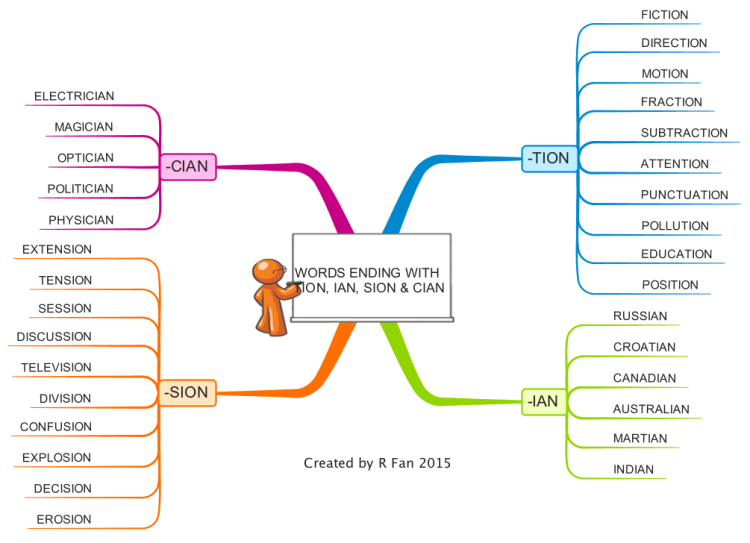
- Use mnemonics. Hard to spell words can sometimes lend themselves to visual or auditory cues that create a more robust memory. For example, the word Wednesday can be tricky to spell because the d is silent. To help you spell it correctly, you might picture a bride and think that she is to be wed on Wednesday.
- Spell out loud. Sometimes spelling a word aloud can make it easier for people with learning difficulties who struggle to put letters down on paper. Create a list of words that you want to learn and practice spelling them while you are in the shower or on your way to work. Speaking them and hearing yourself say each letter will create auditory memories that are especially helpful for individuals who are not visual learners.
- Research the origin of words. English is a Germanic language but it has adopted vocabulary from various other languages that it came into contact with over the years.
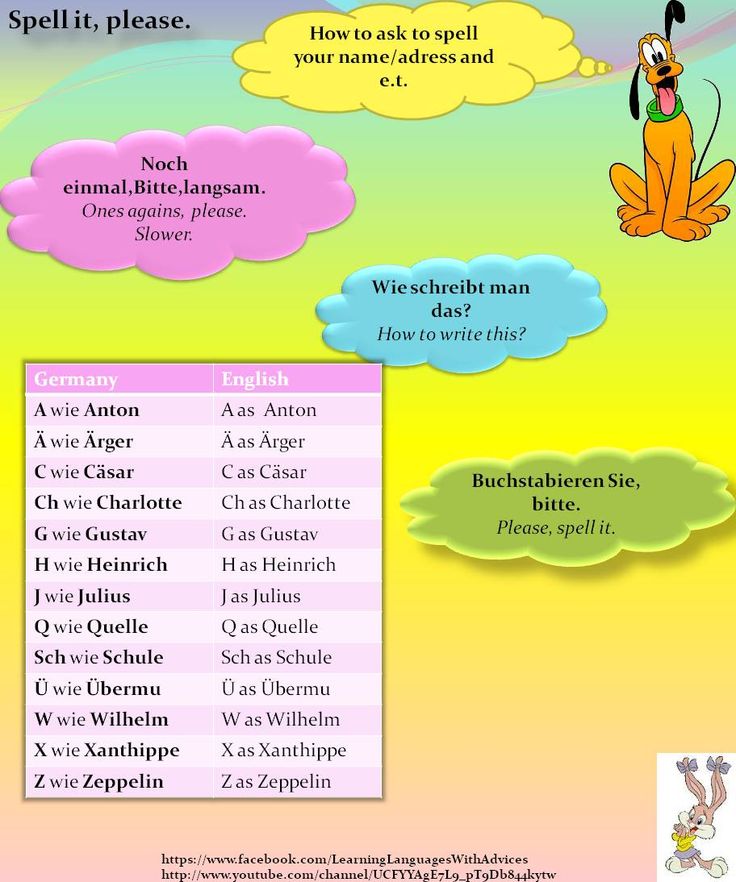 For example, it contains plenty of words of French origin thanks to the Normans having ruled England for a few hundred years. When you research where a word comes from, you may see similar spelling patterns for other words with the same origin, such as Greek words, which tend to be found in science related vocabulary.
For example, it contains plenty of words of French origin thanks to the Normans having ruled England for a few hundred years. When you research where a word comes from, you may see similar spelling patterns for other words with the same origin, such as Greek words, which tend to be found in science related vocabulary.
- Take a multi-sensory approach. When you learn the spelling of a word and encode it physically, as is the case in handwriting or touch-typing, you are adding muscle memory to the process. The more you generate a word, the more likely it is that you automatize its spelling.
Touch-typing and spelling
A touch-typing course is often a great idea for adults who want to improve their skills. That’s because typing entails repeatedly producing words on a keyboard while seeing and hearing them read aloud. This process encodes spelling patterns in a multi-sensory way and enhances recognition of common letter combinations.
Learn more
Plus, touch-typing is a skill that opens up job and academic opportunities and can be mastered in as little as a few weeks.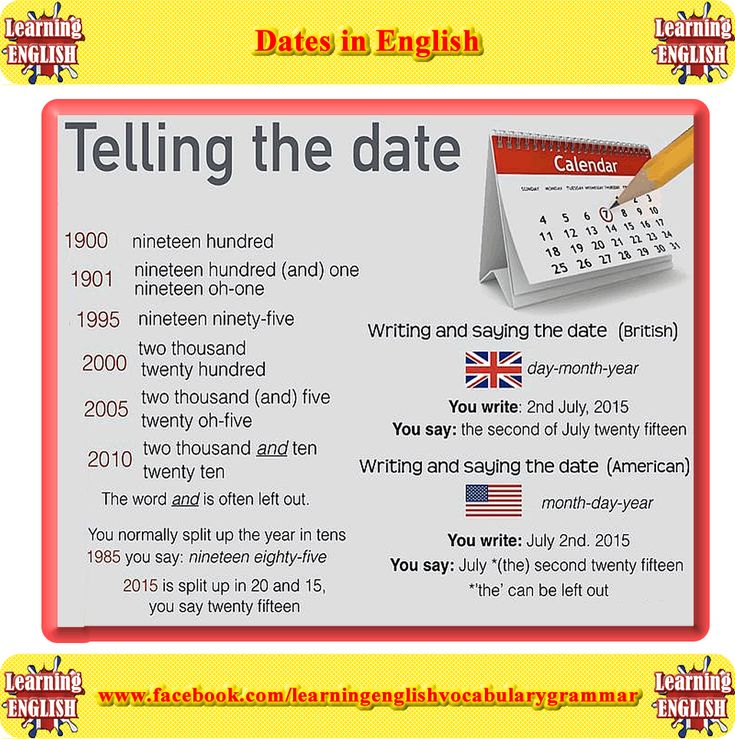 When the course is modular, such as is the case with the Touch-type Read and Spell program, it’s also convenient for a busy adult who is juggling work and family life and needs to move through the material at his or her own pace. The best part is it's a way of improving spelling skills without calling attention to ability, as the focus is on typing.
When the course is modular, such as is the case with the Touch-type Read and Spell program, it’s also convenient for a busy adult who is juggling work and family life and needs to move through the material at his or her own pace. The best part is it's a way of improving spelling skills without calling attention to ability, as the focus is on typing.
Do you have any tips for adults who are learning how to spell? Join the discussion in the comments!
For adult learners
TTRS is a program designed to get adults with learning difficulties touch-typing, with additional support for reading and spelling.
How To Learn To Spell: A Complete Guide
Are you trying to teach someone how to spell? Take a look at a few key tips on how to learn to spell for English spelling below.
Spelling words in the English language can be a challenge. Many people feel like the correct spelling doesn’t make sense, and learners who do well in other academic areas may have difficulty figuring out consonant and vowel rules. In addition, memorizing spelling rules can be particularly difficult for people with learning disabilities, such as dyslexia.
In addition, memorizing spelling rules can be particularly difficult for people with learning disabilities, such as dyslexia.
Everyone can get better at spelling by taking a defined approach to spelling. Mastering prefixes, suffixes, and basic spelling patterns can make phonics easier. So what are a few steps you should follow if you want to improve your spelling skills?
Contents
- Materials Needed
- Step 1: Learn the Alphabet
- Step 2: Form Basic Words
- Step 3: Memorize Word Families
- Step 4: Blended Consonants
- Step 5: Try Out Multiple Syllable Words
- Tips on how to learn to spell
- Author
Materials Needed
You will need pieces of paper you can use to practice spellingIf you want to get better at spelling, you must have several essential materials. These include:
- Pieces of paper you can use to practice spelling
- Writing utensils, mainly pencils with erasers, that you can use to practice your words
- Flashcards that you can use to help you learn your words
- A list of words you may want to start with
- A computer with an internet connection that can help you look up more words
You may even want multiple spelling lists that you can use to master more difficult words as your spelling skills improve.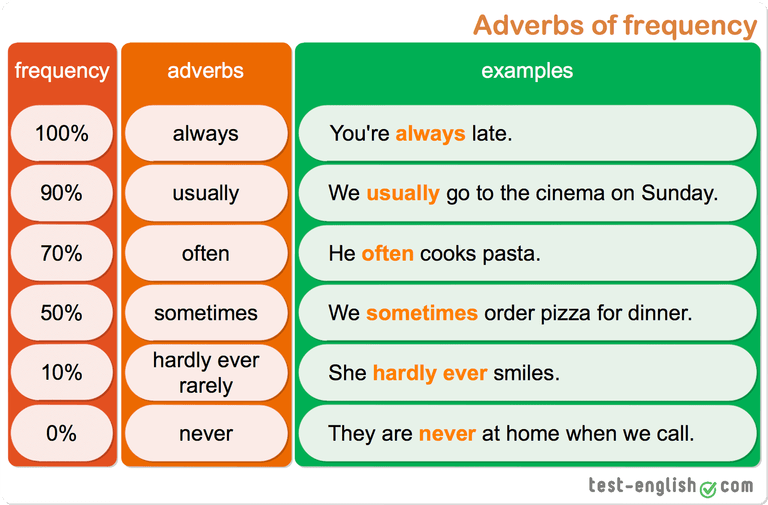 Once you have the necessary materials, you can take a proven approach to help you learn the basics of spelling.
Once you have the necessary materials, you can take a proven approach to help you learn the basics of spelling.
Step 1: Learn the Alphabet
No matter how smart someone might be, it is impossible to learn how to spell without understanding the basics. The English language has 26 letters. Each letter is responsible for making a different noise. Therefore, anyone who wants to learn how to spell must memorize the English alphabet. Kids of all ages know the alphabet song.
Even if someone is learning English as a second language, it might be helpful to watch a video of the alphabet song. That way, learners will have a grasp of the 26 letters. Once you are confident the person learning how to spell understands the English alphabet, it is time to look at the sounds the individual letters make.
Again, it is essential to make sure all sounds are pronounced correctly from the outset. Otherwise, it will be difficult for someone to “sound out” the problematic spelling. As you try to teach someone the sounds that the individual letters of the alphabet make, try not to rush through it.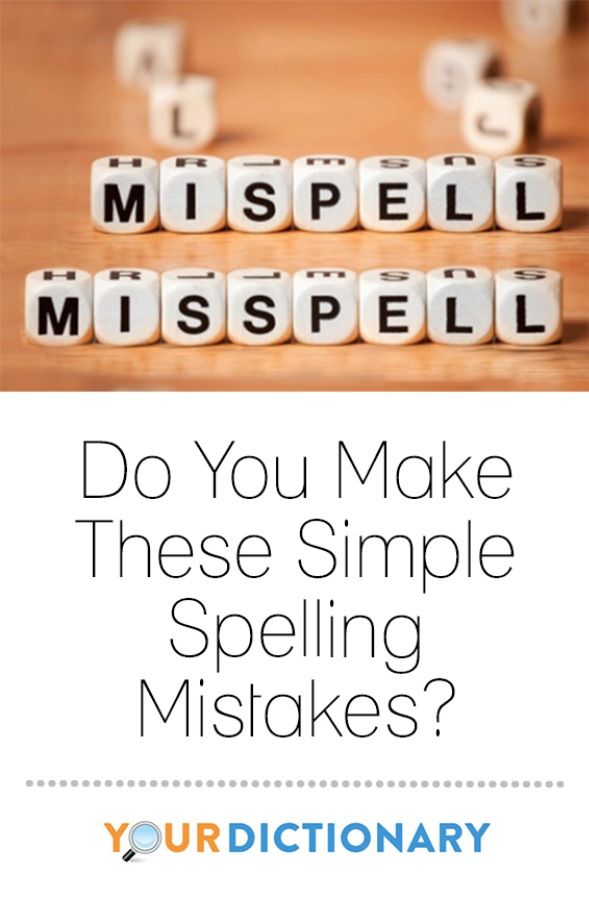 Even though you probably understand the sounds well, it may take someone a long time to learn the sounds made by each letter. It isn’t unusual for a school to focus on only one sound per week. After you are confident your student understands the sounds made by each letter, it is time to start forming words.
Even though you probably understand the sounds well, it may take someone a long time to learn the sounds made by each letter. It isn’t unusual for a school to focus on only one sound per week. After you are confident your student understands the sounds made by each letter, it is time to start forming words.
Step 2: Form Basic Words
Now, you can start teaching students how to spell essential words. Remember that words that might seem simple to you can be incredibly complex for someone learning to spell for the first time. Always start with words that are two letters long. Ideally, you should pick words that sound very different from one another. This will make it easier for students to hear the letters that go into that specific word.
Some of the first words you might want to teach people how to spell include:
- Am
- At
- As
- On
- In
I noticed that it is straightforward for people to hear the vowel and consonants used to form this word. So kids who have a mastery of the alphabet should be able to tell how to spell these words based on the sounds they make. Remember that everyone develops at their own pace.
So kids who have a mastery of the alphabet should be able to tell how to spell these words based on the sounds they make. Remember that everyone develops at their own pace.
For example, if you teach a young child how to spell, they may not have the fine motor skills to write the letters on paper. Therefore, you should confirm with them verbally the letters they are using to spell the word. Furthermore, try to speak slowly when teaching a beginner how to spell. If someone is not fluent in English, their brain might not process the information fast enough to hear the individual sounds forming the words. You do not want to crush someone’s confidence. Move through this step slowly.
Step 3: Memorize Word Families
After your student starts to get the hang of two-letter words, you can reach her longer words. You don’t want to go for words with multiple syllables yet, but plenty of single-syllable words also use three or four letters. So make sure your student can master these essential words as well.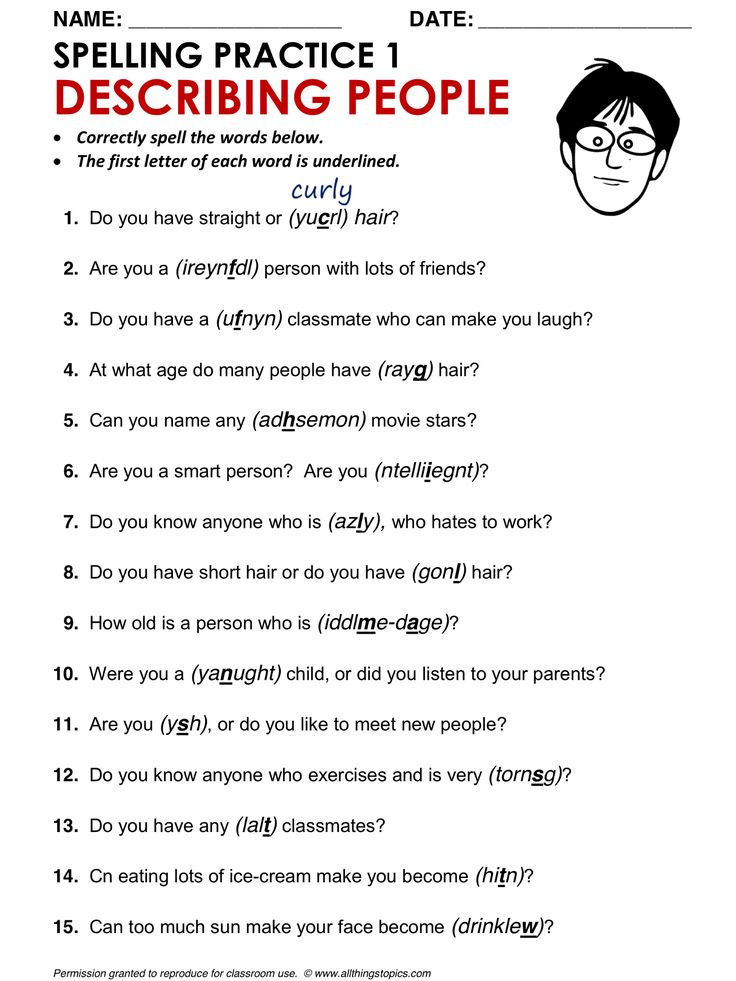 As the vocabulary grows, it is time to focus on word families. A word family refers to a group of words that follows a pattern. For example, you might want to form groups based on words with a similar vowel and consonant patterns.
As the vocabulary grows, it is time to focus on word families. A word family refers to a group of words that follows a pattern. For example, you might want to form groups based on words with a similar vowel and consonant patterns.
Here is an example:
- The “AP” Family: Cap, Gap, Lap, Map, Nap (etc.)
- The “ET” Family: Bet, Get, Jet, Let, Net, Vet (etc.)
- The “IP” Family: Dip, Lip, Pip, Rip, Sip (etc.)
Notice that these words are very similar. They all follow the same pattern, so it should be relatively straightforward for someone to learn how to spell the individual words in this family. There are plenty of word families out there, and you may want to use multiple word families to communicate to someone how they can follow patterns to make it easier to spell specific words. Then, you may want to put together a spelling test that uses various spelling lists based on these word families. Learning a bunch of words from individual word families may take a while, but mastering word families is essential for spelling more difficult words properly.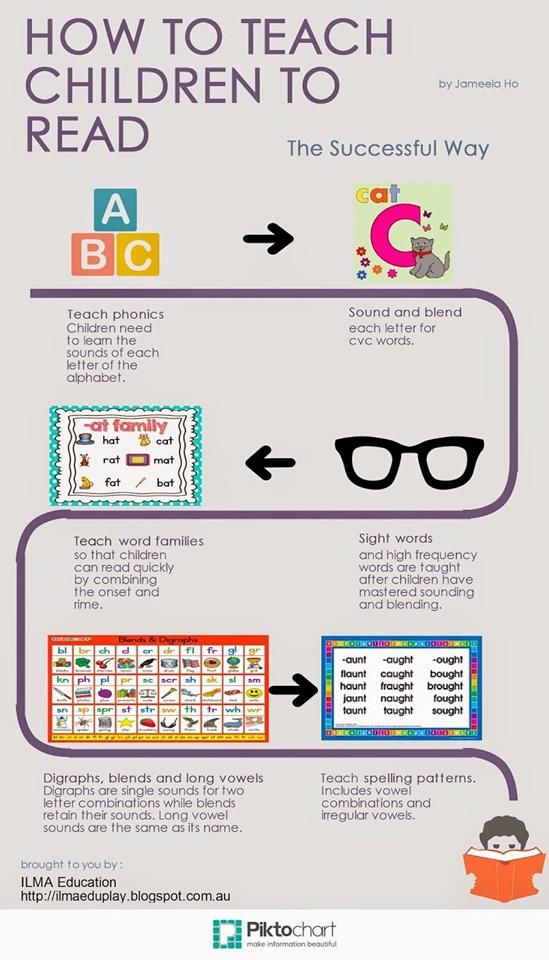
Step 4: Blended Consonants
Students need to be able to hear the sounds of individual letters that are used to put together words. One of the significant challenges of blended consonants is that it can be challenging for someone to hear individual sounds when two continents are next to one another. Therefore, starting slowly when you are trying to teach blended consonants is essential. For example, one of the students’ most significant challenges is spelling words with “TH” in them. This can be a challenging sound for people to make, particularly young children. When they cannot make the sound themselves, they have difficulty hearing it in a word.
Here are a few examples of words that use the pattern:
- That
- This
- Then
- Those
- These
It would help if you approached this section the same way you approached word families. Put together families with different groups of consonants. This will make it easier for new learners to hear them.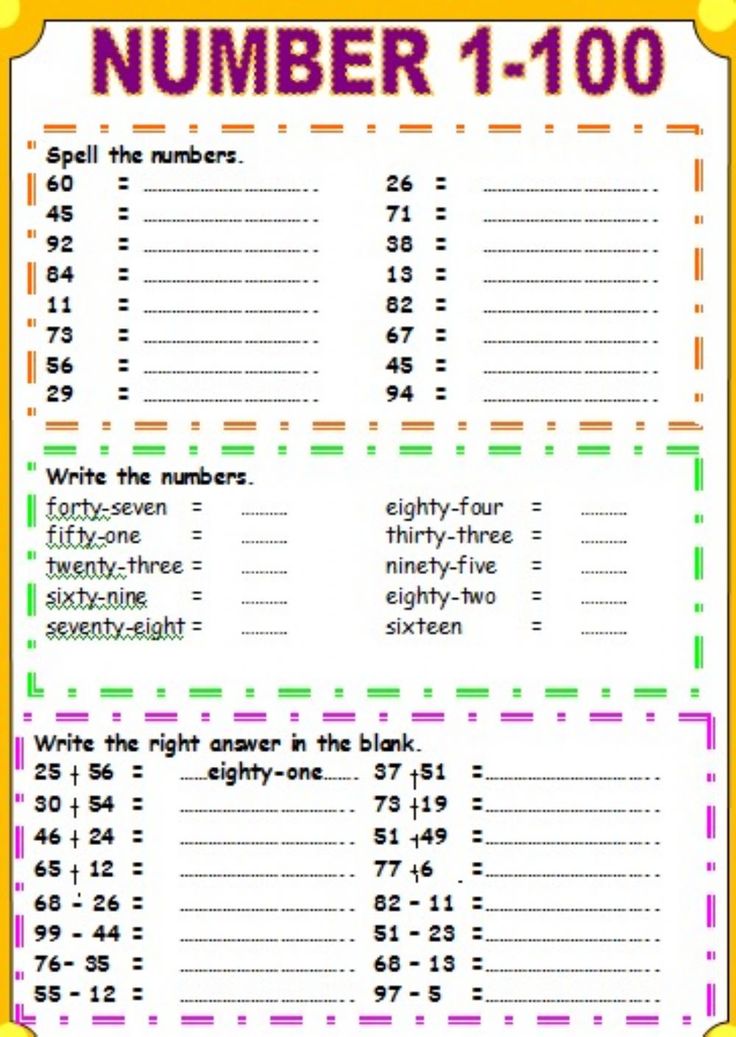 You might want to put together another group of words that use the “NG” sound. A few examples include:
You might want to put together another group of words that use the “NG” sound. A few examples include:
- Thing
- Ping
- Ding
- Sing
Once you feel your student has a grasp of blended consonants, you can move on to words with multiple syllables.
Step 5: Try Out Multiple Syllable Words
When you approach words with multiple syllables, you need to take the same approach you have taken with the abovementioned words. Start with multiple syllable words with consonants and vowels that are very easy to distinguish. This will make it easier for students to hear the individual letters that must be put together to form the word.
Once you feel like your student has an easy time picking up clear sounds in words with multiple simple words, you can move to blended consonants. Keep in mind that regular practice is essential for reinforcing the rules above. This is particularly important with words that have multiple syllables. The words are longer, so memorizing the letters can be more challenging. Mnemonics might even be helpful at this stage. Every learner is different, so it is essential to customize the lessons to meet their needs.
Mnemonics might even be helpful at this stage. Every learner is different, so it is essential to customize the lessons to meet their needs.
Tips on how to learn to spell
If you or someone else is trying to learn how to spell, there are several essential tips to keep in mind. They include:
1. Spell Out Loud
This is particularly important for people who are learning to spell beginner words. Spelling aloud is essential because it will teach people the names of the letters they are putting together. Then, when someone says the letter’s name, it will also trigger the sound it makes. If you say the letter out loud as you spell, you may catch yourself using incorrect letters before you put them down on the page. Even though you probably will not be able to speak during a spelling test, spelling out loud is a great way to practice.
2. Perfect Practice Makes Perfect
Speaking of practice, you need to practice regularly if you want to get better at spelling.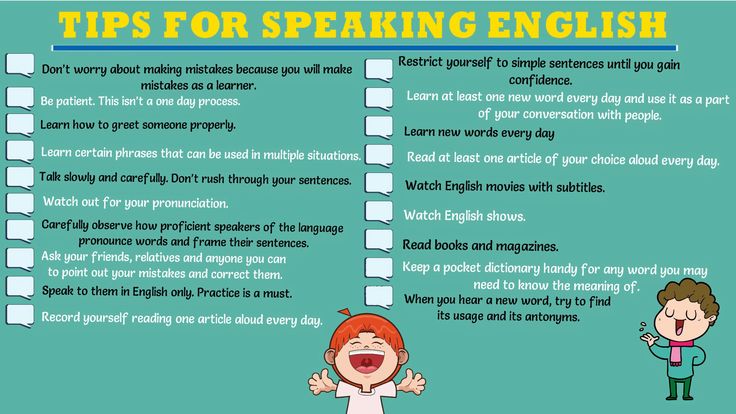 One of the fun ways to practice is to use flashcards. You can put the word down on a flash card, ask someone to say the word to you, and then you can write it down. If you are practicing yourself, you may want to put your word families on a flash card.
One of the fun ways to practice is to use flashcards. You can put the word down on a flash card, ask someone to say the word to you, and then you can write it down. If you are practicing yourself, you may want to put your word families on a flash card.
You may want to put the e family’s name on the front of the card and then include all the names of the words in the family on the back. Then, when you see the family, you may want to test yourself to see how many of the words from the family you can get right.
3. Look For Patterns
If you try to memorize words without a pattern, it will be challenging for you to memorize them all. Therefore, you need to have a proven pattern or strategy you can use to memorize different words quickly.
That is why grouping your words into families is so important. For example, you may want to look for prefixes and suffixes that make sense together. Or, you may want to use rules such as “I before E.” By looking for patterns, you can categorize different words into different groups.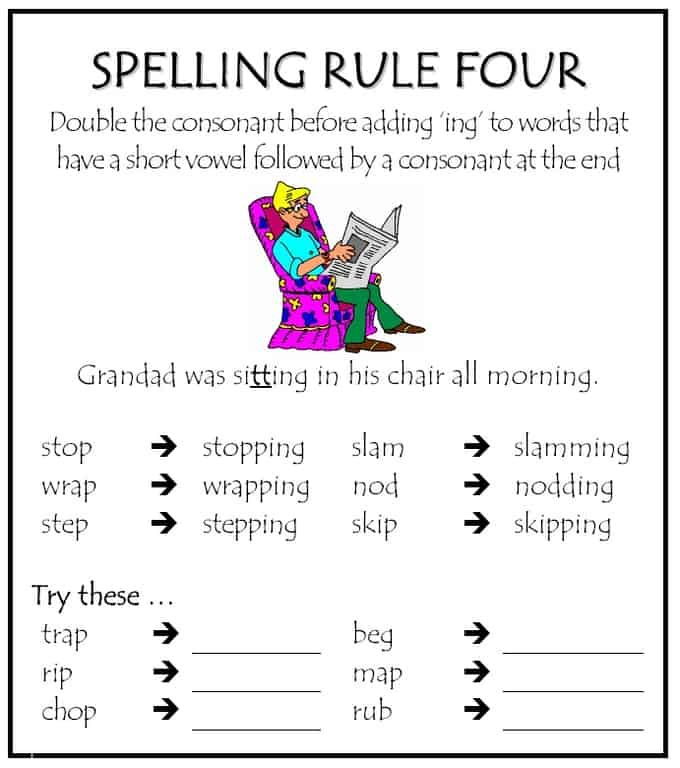 In addition, it will reduce the sheer mental strength you need to use to learn how to spell.
In addition, it will reduce the sheer mental strength you need to use to learn how to spell.
4. Read as Much as Possible
Once people learn how to read, it will be easier to learn how to spell. If you want to get better at spelling, you need to read as much as possible. By encountering many different words from many different places, you will have an easier time learning how to spell them.
Reading is also great because you can put individual words in context. Once you see them in a sentence, you will place that word in that specific context in your mind. It will make it easier for you to figure out what “looks right” and what “looks wrong” as you try to spell different words. This is also a great way to learn difficult words with challenging letter combinations.
5. Focus on the Origin of Words
Finally, as you try to master more difficult words, you should try to focus on the origin of specific words. Where did those words come from? If you are wondering why words are spelled a specific way, there is a good chance that the spelling is based on Latin, Greek, or some other ancient language.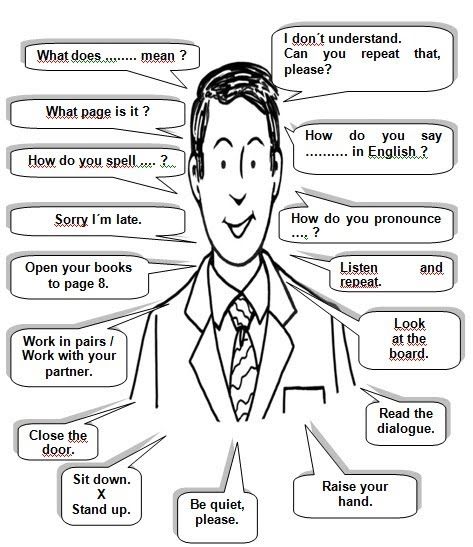
You may notice patterns if you look at the origin language for root words. That is why people competing in a spelling bee always ask for the language of origin. First, you can learn about the different rules that govern different languages. Then, you can use that information to spell the word correctly.
If you want to use the latest grammar software, read our guide to using an AI grammar checker.
Join over 15,000 writers today
Get a FREE book of writing prompts and learn how to make more money from your writing.
Powered by ConvertKitAuthor
How to spell the word not to teach? – Pravitsa
Home » Alphabetical index
Contents
Correct spelling: do not learn
This is the variant recorded in the spelling dictionary.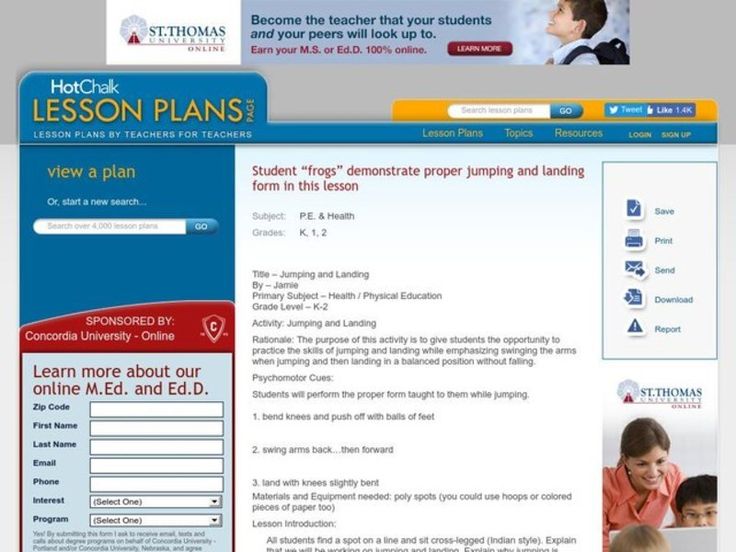
The rule for writing a verb with the particle “not”
Sometimes confusion occurs when writing with “not” different parts of speech, when a noun or an adjective is written together, and verbs and participles are written separately:
- Ignorance of the law does not exempt from liability. Dunno on the moon. BUT : Don't know what to say. Not knowing where to look for .
- Minor misconduct can ruin a reputation. BUT : means nothing.
- Unforgotten grandfathers feat remains in our memory. BUT : Do not forget the old days. Not forgetting about the past.
Therefore, first of all, define the part of speech . In our case, this is verb (means an action and answers the questions: “what to do?”, “what to do?”). Now let's turn to the rules governing the spelling of verbs with the particle "not":
- The particle "not" with verbs and verb forms is written separately : do not read, do not know, do not understand, do not see.
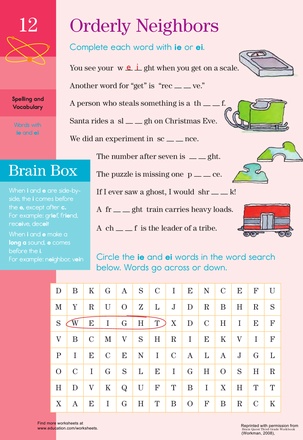
- Verbs are not used without “not” : 0023 (light), not lead (from the word seine , but do not lead in the meaning of lead), go dumb, bondage, ill, undead (sya), itching and their word forms. In these words, the verb without "not" loses its meaning.
- Verbs with the prefix “under” are written together in the sense of a partial, incomplete action: underdo, underweight, underestimate. Be careful with verbs starting with “to”, in such cases both continuous and separate spellings with “not” are possible. For example: Why not not finish drinking the cup to the bottom? - They were malnourished, did not drink enough , they gave everything to the children.
Thus, “ do not learn ” is the only correct option in Russian, other ways of writing this phrase are incorrect.
Usage examples and quotes with "not to teach"
No, that's enough.
You don't have to laugh at stupid people, you have to be able to take advantage of their weaknesses. ... If you, he says, love to teach , then hire yourself to be our guards. And now, he says, I want to eat, let me go!” This is a boy ...
“There is enough simplicity for every wise man…”
Our calling is to teach people. In order not to present that natural question to oneself: what do I know? and what should I teach ...
"Confession (plans and options)" - Leo Tolstoy
She never smiled, did not frown, and only once did a flash of bewilderment flashed across her face when she found out that she had been invited teach not children, but an adult, fat person. “So, Alisa Osipovna,” Vorotov told her ...
Expensive lessons - Chekhov A.P. full content online
Similar words
don't get sick, don't rush, don't throw off
Rating
(No ratings yet)
Like this article? Share with friends:
How to spell the word learn in English
How to easily remember the spelling of English words: rules and recommendations
Published: 09/05/2016 era of orthographic discoveries. We are in such a hurry to convey our thoughts to the interlocutor that we completely forget about spelling and sometimes come up with a new spelling of words. This approach can play a trick on you, especially if you are writing business letters. As they say, rely on Word, but don't make a mistake yourself. In this article, we will tell you how to learn the spelling of English words and start writing correctly.
We are in such a hurry to convey our thoughts to the interlocutor that we completely forget about spelling and sometimes come up with a new spelling of words. This approach can play a trick on you, especially if you are writing business letters. As they say, rely on Word, but don't make a mistake yourself. In this article, we will tell you how to learn the spelling of English words and start writing correctly.
Is it important to write correctly in the computer age? Of course, we understand perfectly well what a person means when he writes something like “Hail! How are you?". But what do we think of it? It seems that a frivolous person is sitting on the other side of the screen. Agree, I would not want to make such an impression on a foreign colleague or friend. And sometimes mistakes make a real sensation on the network, you can read about this in the article “12 memes in English with hilarious mistakes”. Therefore, if you do not want to see your own pearls in such a selection, heed our advice.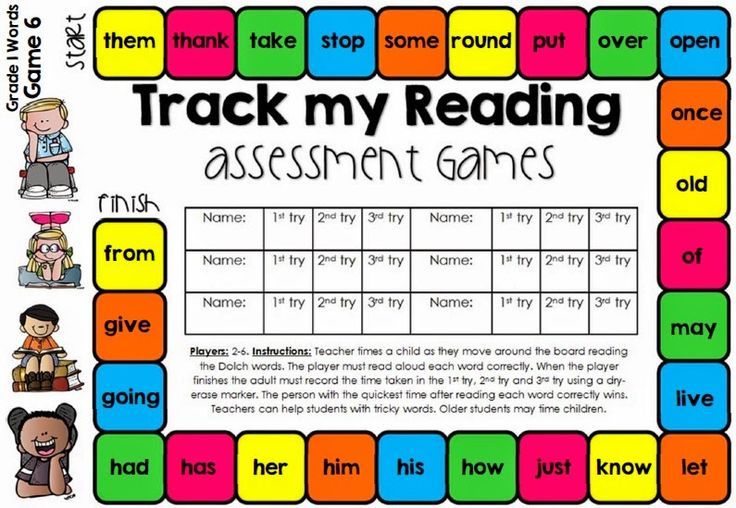
We would like to note that spelling causes difficulties even for native speakers. That is why in America there are various competitions that are designed to test the literacy of people, such as Spelling bee. This is a competition in which people are called different words, and they have to spell them. Whoever made a mistake is out. At each stage of the competition, more and more difficult words are given until there is only one winner. The competition was first held back in 1925 and has not lost popularity ever since. Now Spelling bee is held in different countries of the world.
And now let's find out what errors we have to deal with. According to studies conducted in the UK, most spelling errors can be attributed to the following 4 groups:
- 6% - errors in the suffixes -ful and -ly, for example: beautifull instead of beautiful, successfuly instead of successfully;
- 20% - skipping a letter, for example: restarant instead of restaurant, goverment instead of government;
- 28% - errors in homophones, that is, words that sound the same but are spelled differently, for example: no instead of know, to instead of two;
- 42% - other mistakes, mostly people swap letters (beleive instead of believe) and forget to double the consonant (corect instead of correct).
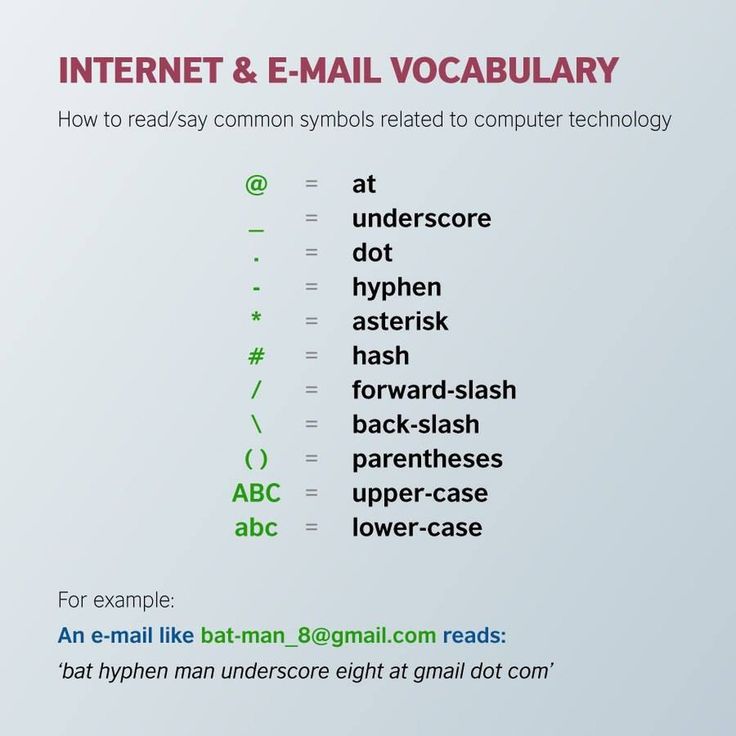
These statistics are the most popular mistakes made by native speakers, but according to our teachers, the statistics for Russian-speaking students will be about the same. Therefore, we decided to give some practical tips, as well as talk about helper sites that will help you deal with the spelling of English words.
4 important rules for English grammar nazi
The Huffington Post published an interesting article on English spelling. The authors claim that there are 4 important spelling rules, the knowledge of which will help you write more competently.
Rule #1 - ei or ie
In English there is a simple rule: I before E except after C. That is, in most cases we write the letter combination ie, for example: believe, piece, chief, achieve, friend.
And after the letter C we write ei: receive, deceive, ceiling, receipt, deceive.
Exception : efficient, foreigner, height.
Rule #2 - -e at the end of a word .

If the suffix begins with a consonant, -e remains in place: white + ness - whiteness, use + ful - useful, state + ment - statement, care + ful - careful.
Exception : true + ly - truly, notice + able - noticeable.
Rule #3 - -y at the end of a word ,defy + ance - defiance.
However, if we add -ing, the letter y is preserved: try + ing - trying, cry - crying, copy + ing - copying, study + ing - studying.
Rule #4 - doubling the consonant when adding -ing to verb
If a verb ends in a stressed syllable with a short vowel between two consonants, the final consonant is doubled when -ing is added: plan-planning, begin-beginning, swim-swimming.
How to improve the spelling of words in English: simple tips
1. Learn the basic rules of reading
It is necessary to know the rules of reading English in order to understand which letters are pronounced in what way. For example, you'll know that s can be pronounced like z when it's between vowels, so you might want to consider writing noze or nose.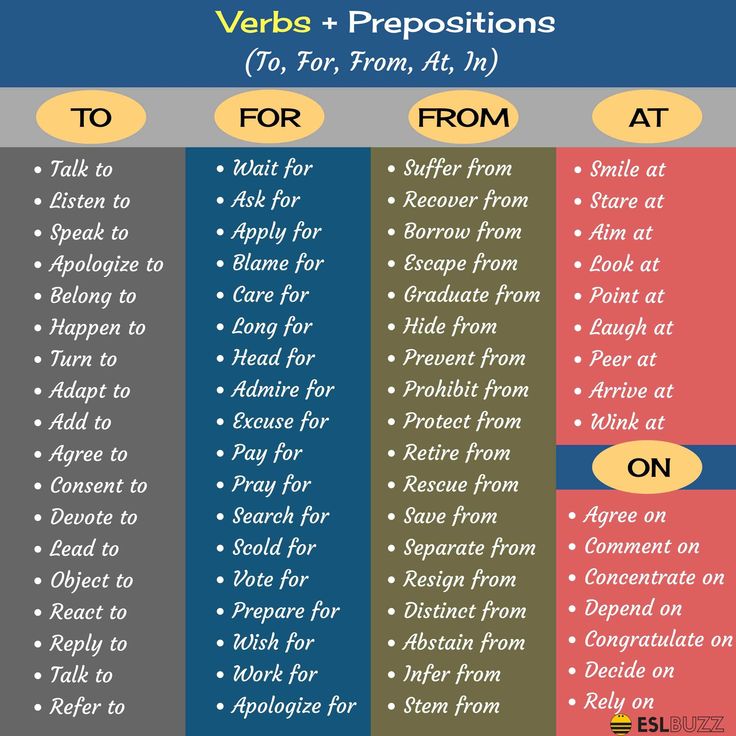
Related Materials :
2. Learn the Rules for Using Silent Letters
Silent letters are a trap that almost all English learners fall into: it makes you want to write iland instead of island or forein instead of foreign. There are quite a lot of such words in which the letter is written but not pronounced in English. Fortunately, there are certain general rules for their use that will make your life easier, so we propose to learn them.
Related material :
3. Study with a special textbook
Spelling books are not the most popular textbooks and are not always easy to get. However, if you are constantly writing business correspondence and feel that you need to improve your spelling, it is worth learning from such a manual.
Related Materials :
- “The Complete Guide to English Spelling Rules” by John Fulford is a good compilation of English spelling rules without practice.

- “The Essential Guide to Spelling, Style, Usage, Grammar and Punctuation” by Anne Stilman - spelling rules for compound words with comprehension tests.
4. Use a spell checker
Such services are the main allies of the novice grammar nazi in the difficult fight against illiteracy. Programs will detect and help correct most errors, but keep in mind that they will not check your text for logic and style, and will not give you clear information about the compatibility of English words with each other.
Related materials :
The most famous spell checking service. Checks the text for literacy, underlines errors and gives a brief comment on each error. You can install a free browser extension that will check the text of your emails.
OnlineCorrection
This program checks common spelling rules and word matching (only partially). Enter text in the box, the program will highlight the errors. Hover your cursor over any misspelled word and a pop-up window will show the error comment as well as the correct spelling.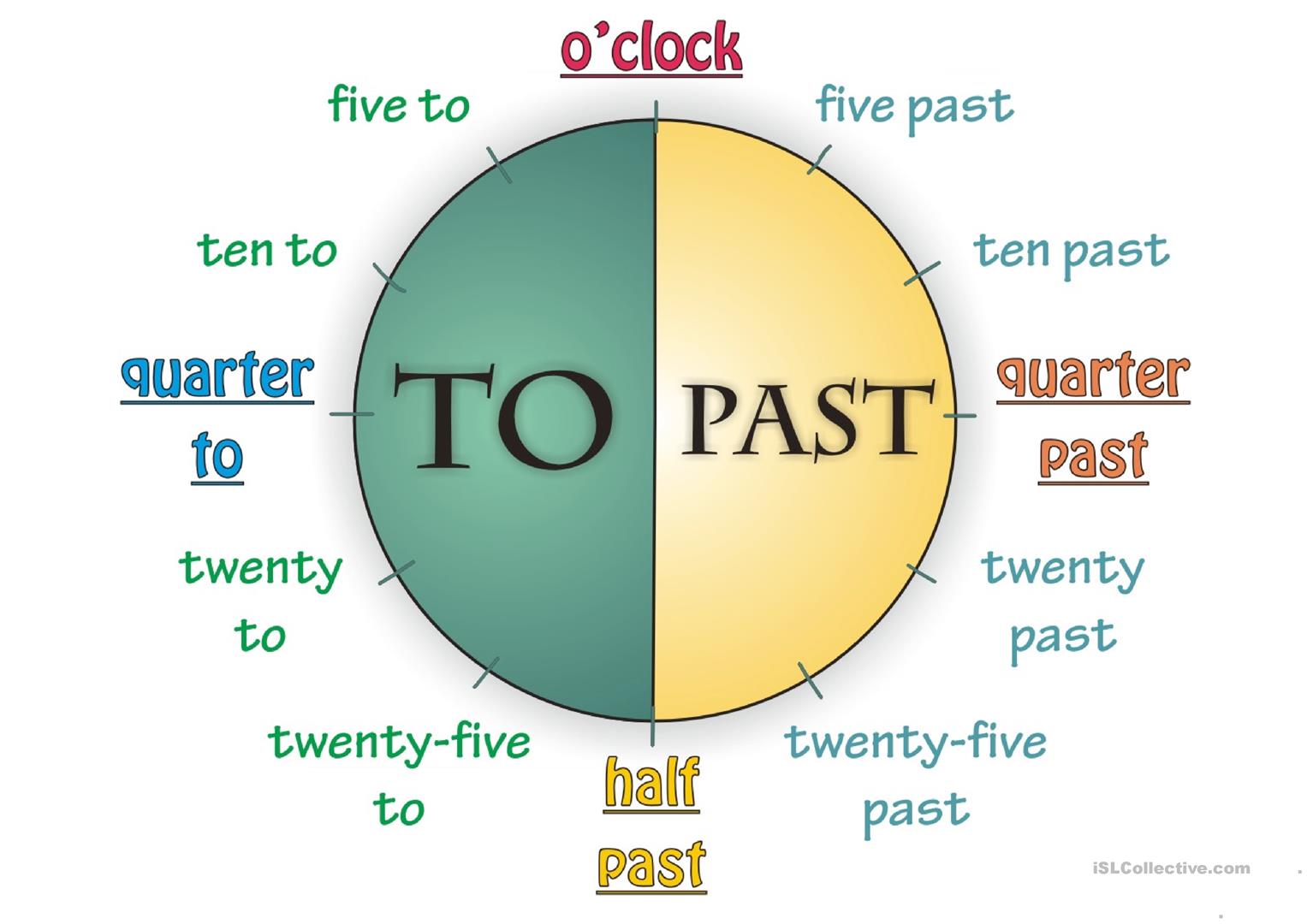
LanguageTool
The principle of operation is the same: enter the text in the box, select the text language in the drop-down list and click the Check text button. The program will highlight errors in different colors. Click on the highlighted word to get a brief summary of the error and a sample of the correct spelling.
5. Be aware of the difference between British and American English
There are quite a few words in English that people in the US and the UK spell differently. Because of this, confusion occurs: it seems to have found a word in the dictionary, wrote it out, and the spell checker or even Microsoft Word underlines it and imposes its own spelling. For example, instead of color, you will be asked to write American color, and the program will replace realise with realize. In this case, it is worth knowing frequently used words that are spelled differently in British and American versions.
Helper materials :
- Spellzone - you can see the general rules with examples.

- Oxford Dictionaries - A large list of terms that are spelled or even called differently in the UK and the US.
- Article "British and American English: word differences".
We have compiled a document for you that contains words on this topic. You can download it from the link below.
6. Check the dictionary
When writing a difficult word, do not rely only on your memory, check the spelling in a dictionary. It is better to write slowly, but correctly, than quickly and illiterately. Don't worry, after a few "peeping" you will memorize the word and write it confidently without any prompts.
I was reading the dictionary. I thought it was a poem about everything.
I was reading a dictionary. I thought it was a poem about everything.
0161
In your personal dictionary, include words that you have difficulty writing. Try to look at it more often, read the words, make sentences with them and memorize their spelling. In addition, you can use ready-made lists of words that are difficult to write. You should also pay attention to words that are similar in sound and spelling, but have different meanings. Only the correct spelling of such words will allow the interlocutor to understand your thoughts.
In addition, you can use ready-made lists of words that are difficult to write. You should also pay attention to words that are similar in sound and spelling, but have different meanings. Only the correct spelling of such words will allow the interlocutor to understand your thoughts.
Helper materials :
8. Read as often as possible
How do you remember the face of a new acquaintance? Need to see him more often. You can and should memorize the spelling of words in the same way: try to meet them often. The easiest way to do this is through reading: read articles and books in English. This technique is perhaps the most interesting and unobtrusive, because you memorize spelling automatically while reading with the help of visual memory.
Help materials :
9. Test your knowledge
There are hundreds of online tests available online to help you improve your English spelling. We recommend going through them from time to time to track your progress and delight the grammar nazi inside yourself.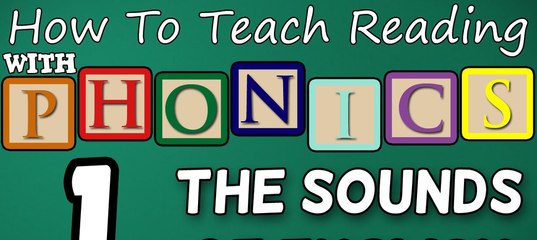
Helper Materials :
- Howtospell - Dozens of spelling tests on a variety of topics.
- INTERLINK Language Center - spelling tests of various difficulty levels.
10. Play the right games
Learning English should be fun. A variety of educational online games will help to make it so. They can be used in between exercises, so you get a little distraction and at the same time continue to learn English.
Help materials :
11. Practice, practice and practice again
“Write always, write everywhere” is the motto to work on spelling. To learn how to drive a car, you need to drive as often as possible, and to write competently, you need to sit down at the table and write as often as possible. Try to make various notes in English, you can practice like this:
- When you do your homework, write or type it, not just mark the correct answers in your textbook. This is hard work, but it will pay off handsomely.

- Like an interesting quote or idiom in English? Do not copy it to your computer, but print it manually.
- Select an interesting book or blog on the Internet. Rewrite 1-2 pages of text daily, word for word. This is one of the most boring, but also the most effective methods for improving spelling.
For more ideas on where to practice, see How to Write Properly in English.
12. Work with Microsoft Word
"Good" program Microsoft Word corrects almost all of our flaws. Use automatic spell checking not only for its intended purpose, but also for learning. As soon as you see that the program has corrected a word, erase it and manually write the correct version. This will slightly increase the time of working with the document, but will be a useful exercise for improving English spelling.
13. Use a technique from school
Remember when we made a mistake in dictation, the teacher made us write the word 5-10 times. He did this not out of harm, as we always thought, but in order to firmly fix the correct spelling of the word in our memory. Try to do the same with English words: as soon as you make a mistake, take a notebook and write the concept correctly several times. Performing such an exercise, you turn on the mechanical memory, and this greatly facilitates the memorization of the word.
Try to do the same with English words: as soon as you make a mistake, take a notebook and write the concept correctly several times. Performing such an exercise, you turn on the mechanical memory, and this greatly facilitates the memorization of the word.
Little trick : Many linguists advise to abandon capital letters. They recommend typing the word on the keyboard or capitalizing it. During the experiments, it turned out that printed letters have a clear shape, so it is easier for the brain to remember the spelling. As for capital letters, handwriting is different, and in fact every time we write a letter a little differently. This complicates the perception of information.
14. Engage eidetism
Eidetism is a photographic memory that is responsible for remembering visual images. Use it when learning a new word. Look at it carefully, try to remember its shape, the order of the letters, then close your eyes and try to imagine it. You will have a visual image of a new concept in your memory.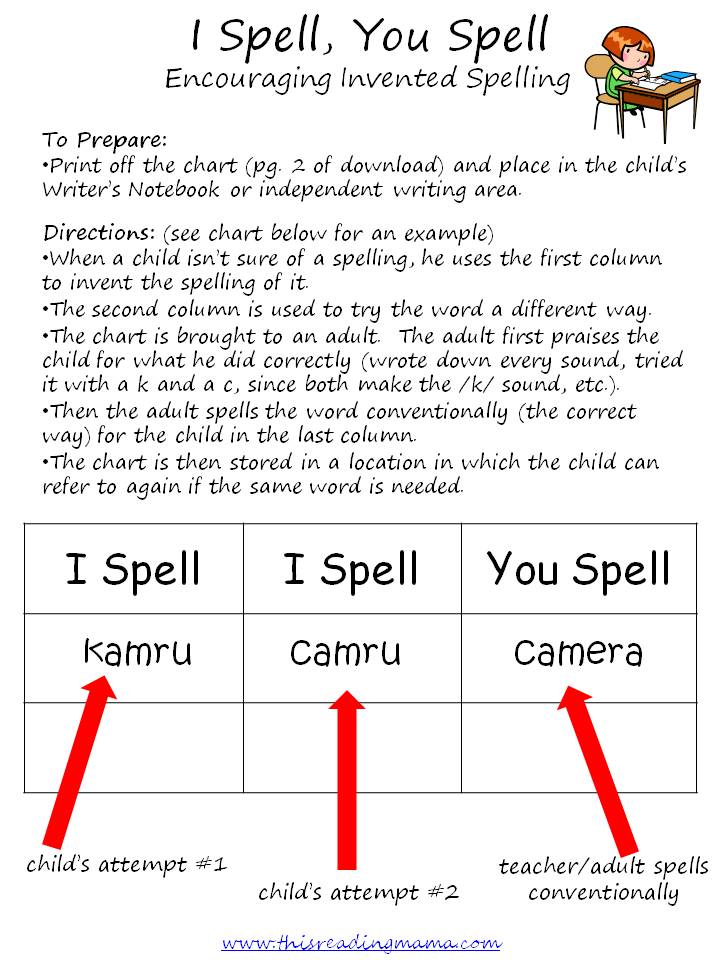 Simultaneously with viewing, say a word so that you associate these sounds with a specific correct spelling. Perform these actions with each repetition, then the exercise will quickly bear fruit.
Simultaneously with viewing, say a word so that you associate these sounds with a specific correct spelling. Perform these actions with each repetition, then the exercise will quickly bear fruit.
15. Use the Restorff effect
The effect is as follows: we best remember information that stands out from the crowd. How to make a word memorable? Highlight it from other words in the literal sense - using a bright pen or colored font on a computer. The brain will extract this information from the rest of the words and remember it. Remember, at school we were forced to do the same in Russian lessons: we highlighted vocabulary words with multi-colored pens. Maybe our teachers did not hear about this effect, but they intuitively understood that the eyes would “cling” to bright words and memorize them.
Little trick : Foreign psychologists advise not only to highlight the word, but also to write each letter in a different color. It will take more time to write, you will work with the concept longer, and therefore it will be remembered faster.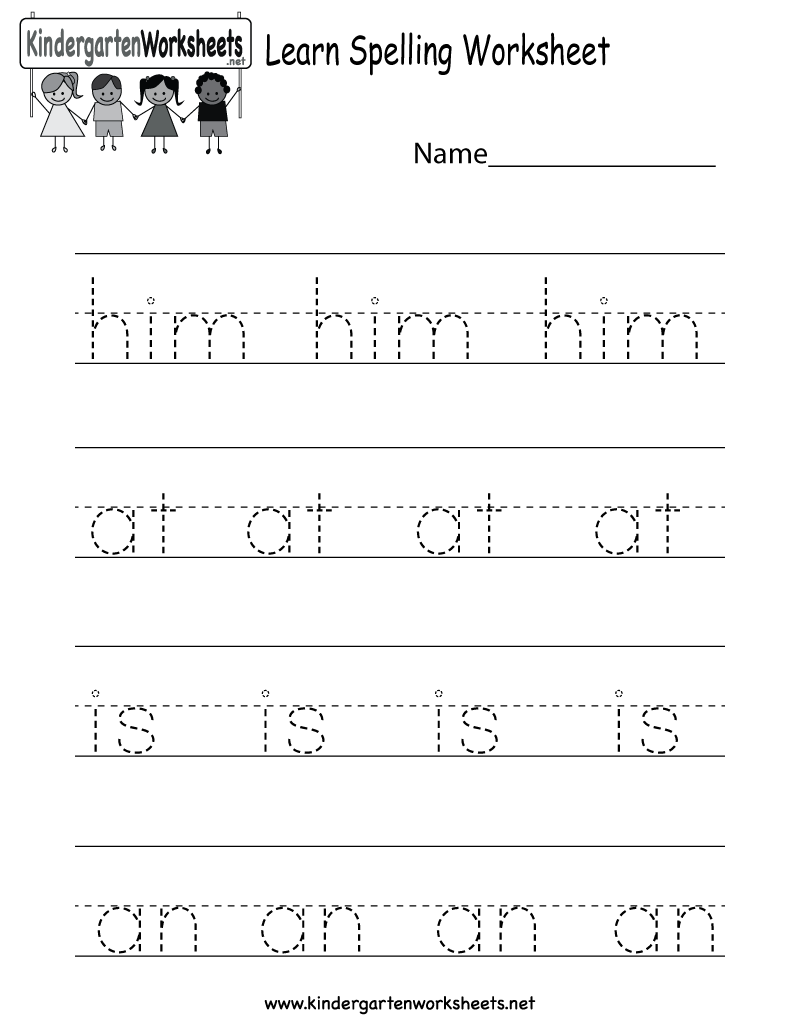 Be sure to try this simple exercise.
Be sure to try this simple exercise.
As you can see, being literate is easy: just put in a little effort, and you can consider yourself a spelling fighter. We have given a lot of tips, so we suggest choosing the simplest and most convenient for you, try to use them daily, then spelling English words will no longer seem difficult to you. And remember that being literate is fashionable!
Learning and memorizing words in English
No time? Save to
Today, self-development in the form of learning languages and going to the gym is literally a trend that everyone wants to keep up with.
One can only hear from everywhere “Don't give up!”, “Be better than yesterday!”, “Work on yourself!”. If your figure is not perfect, everything is clear here - you need to follow proper nutrition and pump muscles. However, is it really that simple in learning English? Let's see.
If you have gaps in your English, you should improve your grammar and expand your vocabulary. What to do if a bad memory, and all these words do not fit in the head? Is it possible to upgrade memory? The answer will pleasantly surprise you - you can.
What to do if a bad memory, and all these words do not fit in the head? Is it possible to upgrade memory? The answer will pleasantly surprise you - you can.
Of course, someone will be able to quickly learn a number of new English words just by looking at them, and someone will have to make an effort. Everything depends on your desire.
In order to understand how you can upgrade your memory, you should take into account a few of your own features - everything is individual. As you know, there are two types of memory - someone perceives new things by ear, and someone - visually. There is one secret technique that we intuitively know at school, but eventually forget.
Remember how at recess, repeating a verse, you walked from corner to corner with a textbook. Indeed, the movement contributes to the memorization of the new. And of course, memorization is significantly affected not only by speed, but also by the quality of memorization or the level of attention. It is important to focus on what you are learning here and now, and not fly in the clouds.
It is important to focus on what you are learning here and now, and not fly in the clouds.
Understanding what memory is, it becomes obvious that by working on yourself, adding more self-discipline, you can develop memory, and easily memorize the required number of new memorization of English words. All the excuses you've been using so far aside, it's time to get together and take a leap in learning English.
How to quickly learn English words
1. Learn words from context.
It is quite difficult to learn words if they are written as a list in a dictionary. This method can only be used if you are working with a teacher who will help you use these words in context, build a dialogue with you using these new words, and move the list of new words from your passive to active vocabulary.
If you are at the stage of self-study of English, then it is best to memorize words in the context of topics that interest you.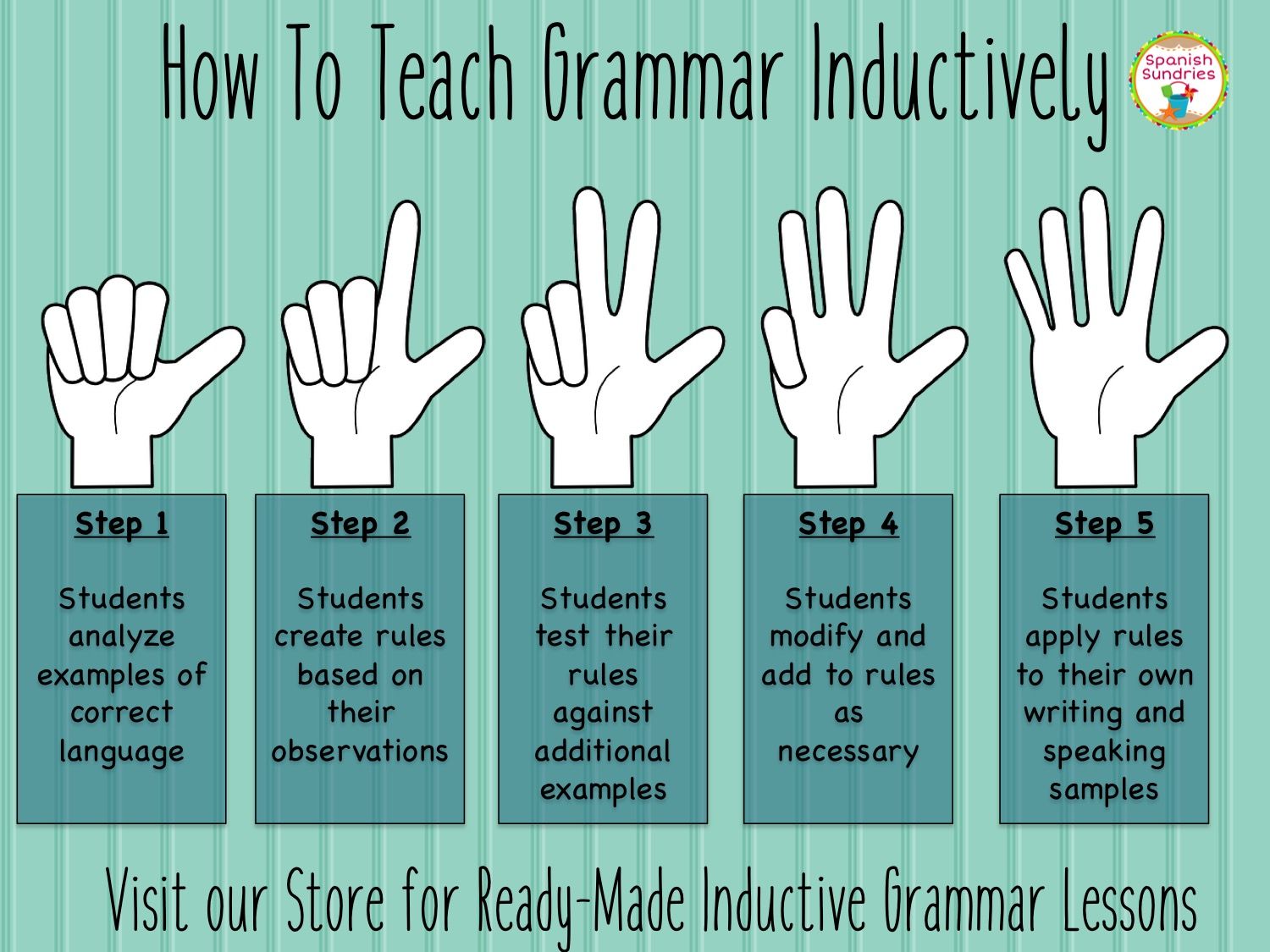
In this method of learning new words, two types of memory work - visual and auditory. Subtitles are important because they will help you be 100% sure what the word just sounded and how it is spelled. Agree, it is difficult to remember what you are not sure enough about.
If you study English with a teacher, then he will definitely include podcasts in your classes, which are also a magic wand for expanding your vocabulary.
3. Don't grab onto every new word.
When learning words, do not grab each new word and run to write it down in a dictionary. If only because the number of words in the English language is incredible!
For starters, it's best to memorize the word base you need, depending on your age and lifestyle. Of course, an experienced English teacher will be able to point you in the right direction and tell you what to focus on.
However, you can try and determine for yourself what to focus on and what words to omit.
4. Read.
You may be surprised, but now it's not even about reading in English, but about reading in your native language. It doesn't matter if it's fiction or quality articles.
Reading helps to make your thinking more flexible and develops your memory, thereby improving the memorization of new words in English.
5. Learn words in combination with grammar.
Many people think that the main base of English is words, and you don't have to work much on grammar. Perhaps sometime in a parallel universe this myth will be dispelled, however, now it still exists.
Just imagine, if you know the conjugation of verbs, how many new words you will immediately learn. For example, if you do not perceive that all these new words in the text are just the first or second form of an irregular verb, they all seem new to you and confusion arises.
6. Learn English with modern technology, no more old-fashioned flashcards!
Fortunately, the world of modern technology also contributes to the study of new words.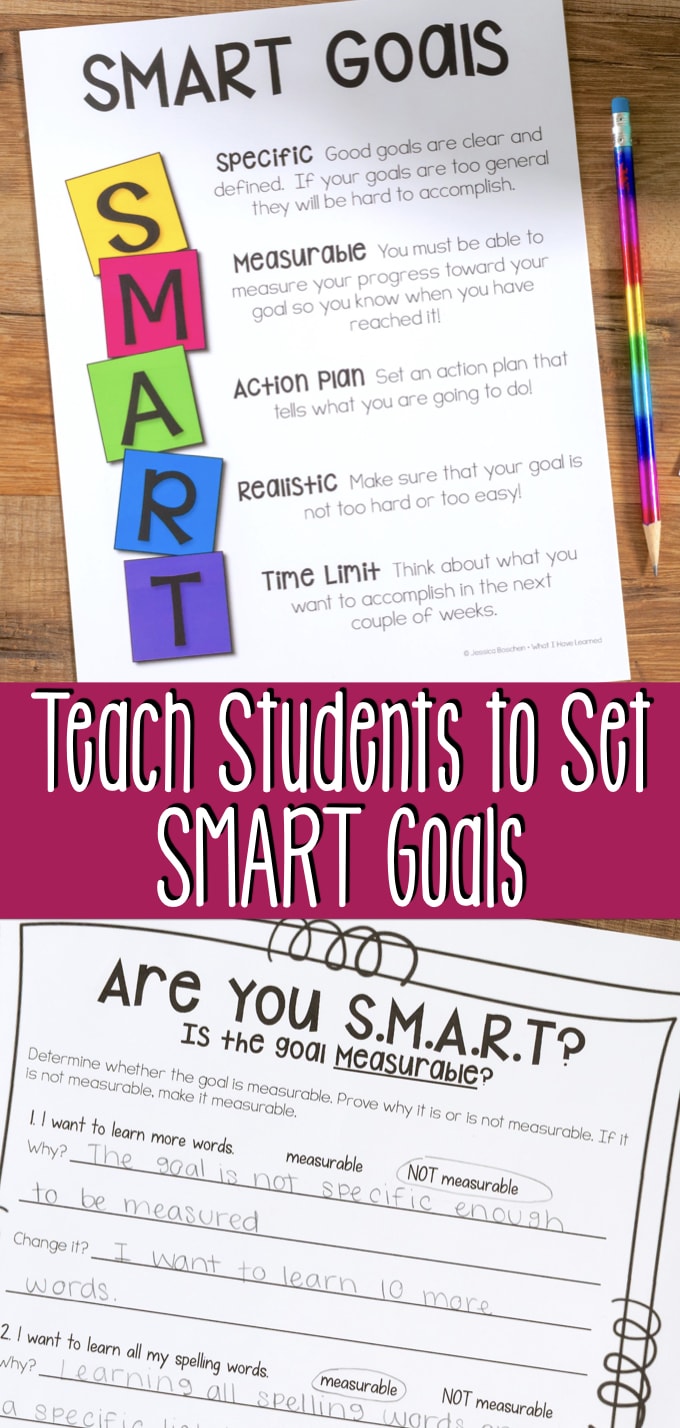 For example, on our site there is a dictionary in a completely free format that will help you learn new words by memorizing them by ear and visually. The study takes place rather in a playful way, which helps to make the process of memorizing new words much more enjoyable.
For example, on our site there is a dictionary in a completely free format that will help you learn new words by memorizing them by ear and visually. The study takes place rather in a playful way, which helps to make the process of memorizing new words much more enjoyable.
In order to remember an English word faster, you can draw a certain parallel with it in your mind. It doesn't matter if it makes sense to someone else, the main thing is that it carries a certain message for you and, remembering this association, you could remember a new word.
For example, the word "sing" is somewhat similar to the word Singapore. You can draw a parallel with the phrase "singing in Singapore." In this method, only your imagination and imagination are important, add creativity.
8. Pay attention to words of common origin.
Words of common origin in various languages - cognates - seem to have been created in order to instill confidence that learning a new language is not as unattainable as it might seem at first glance. When learning new words, you will see for yourself that many English words are similar to Russian ones.
When learning new words, you will see for yourself that many English words are similar to Russian ones.
9. Communicate with native speakers.
It's no secret that a language is easiest to learn in an environment where it is spoken. However, it is not necessary to go to another country for this. You can find a pen pal or call him on Skype. Communication with a native speaker will be very helpful when learning new words.
There are even many sites where people from different countries offer to brush up on your English for free in exchange for learning something from your native language. However, this technique is best used when you already have a fairly confident English. At the initial stage, it is better to contact a professional teacher so that he directs you in the right direction.
10. Use the S.M.A.R.T.
Set goals for learning new English words and you will see progress. It is much more pleasant to study English, noticing your progress. S.M.A.R.T. stands for Specific, Measurable, Attainable, Relevant and Time-Bound - i.e. specific, measurable, achievable, relevant and time bound.
S.M.A.R.T. stands for Specific, Measurable, Attainable, Relevant and Time-Bound - i.e. specific, measurable, achievable, relevant and time bound.
Promise yourself that over the next month you will learn 70 new words that are most in demand in the English language.
11. Speak and think like a native speaker.
When learning new words, pay attention to the accent and intonation with which it is customary to pronounce a given word. Try to imitate these elements at the very beginning of learning the language. In the future, this will greatly help you overcome the barrier of communication with native speakers.
12. Don't be afraid to make a mistake.
In order to speak correctly, it is not necessary to memorize all the words that exist in English. It is enough, for starters, to master the main base of words, which are about 300. Having studied the base, you will be able to express an idea without even knowing any word using the paraphrase technique.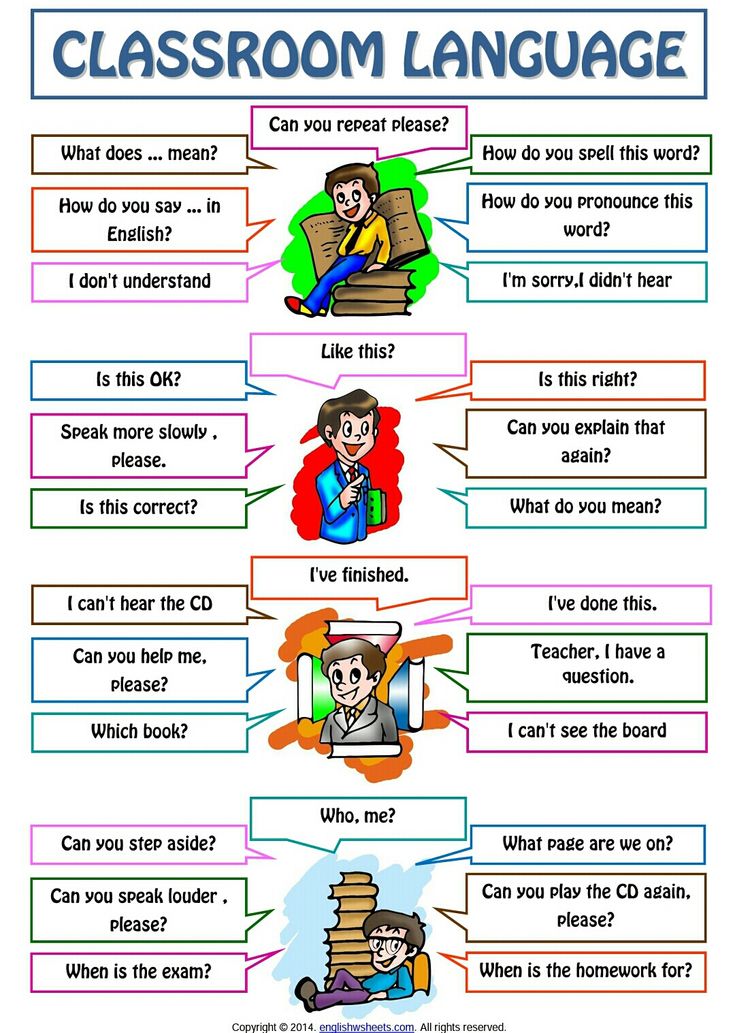
Learning a language no longer seems so out of reach. Is not it?
By the way! We advise you to read our article how to learn English quickly. Not everything is so simple 🙂
How to help a child memorize English words easily
But what to do to help a child learn new words?
There are many memory poems that will greatly simplify the process of learning English for children. Can adults use methods for memorizing new words designed for children?
Yes! Both children and adults can learn a language through nursery rhymes.
We were given red tomatoes for lunch! (Red)
And the lemon, when it's ripe, has a yellow skin! (yellow)
I like to run around the city in blue jeans! (Blue - blue)
Orange means orange, the color is the same, we will eat. (Orange - orange)
Gray we will call a mouse, he will be a gray mouse. (Grey color - gray)
Black - our black master, as always, he came alone.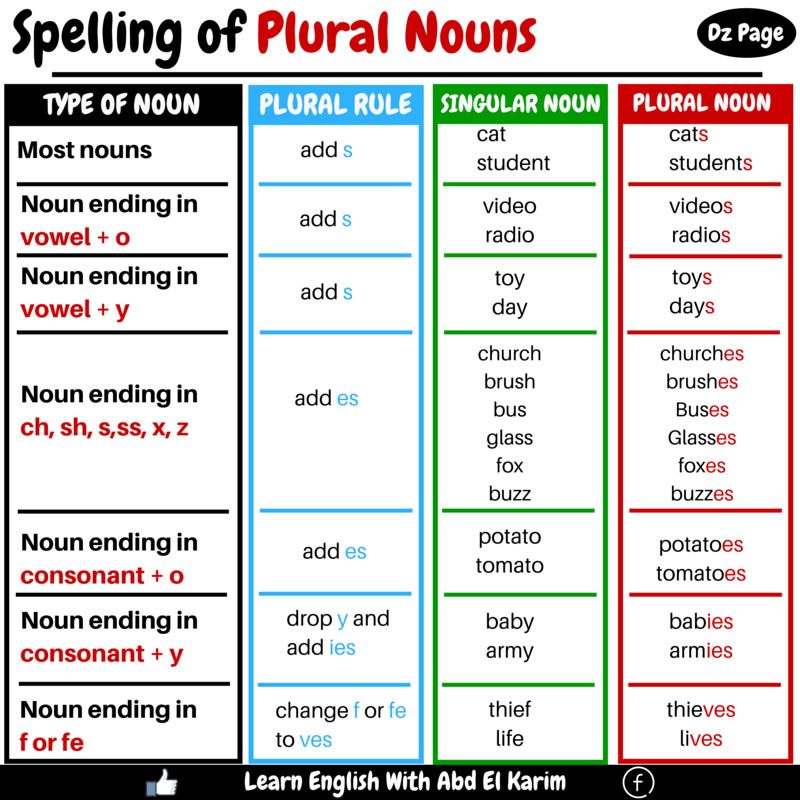 (Black - black)
(Black - black)
Green - green grass, it has grown itself. (Green - green)
Brown - new chocolate, I'm happy with brown. (Brown)
White - white and snow. (White)
You can help children learn new words by studying the rhyme and demonstrating the items in the rhyme. This technique is useful when working out the following rhymes:
This is a bear, this is a hare,
This is a dog and this is a frog.
This is a car, this is a star,
This is a ball and this is a doll. One, two, three, four, five,
Once I caught a fish alive,
Six, seven, eight, nine, ten,
Why did you let it go?
Because it bit my finger so.
Which finger did it bite?
The little finger on the right.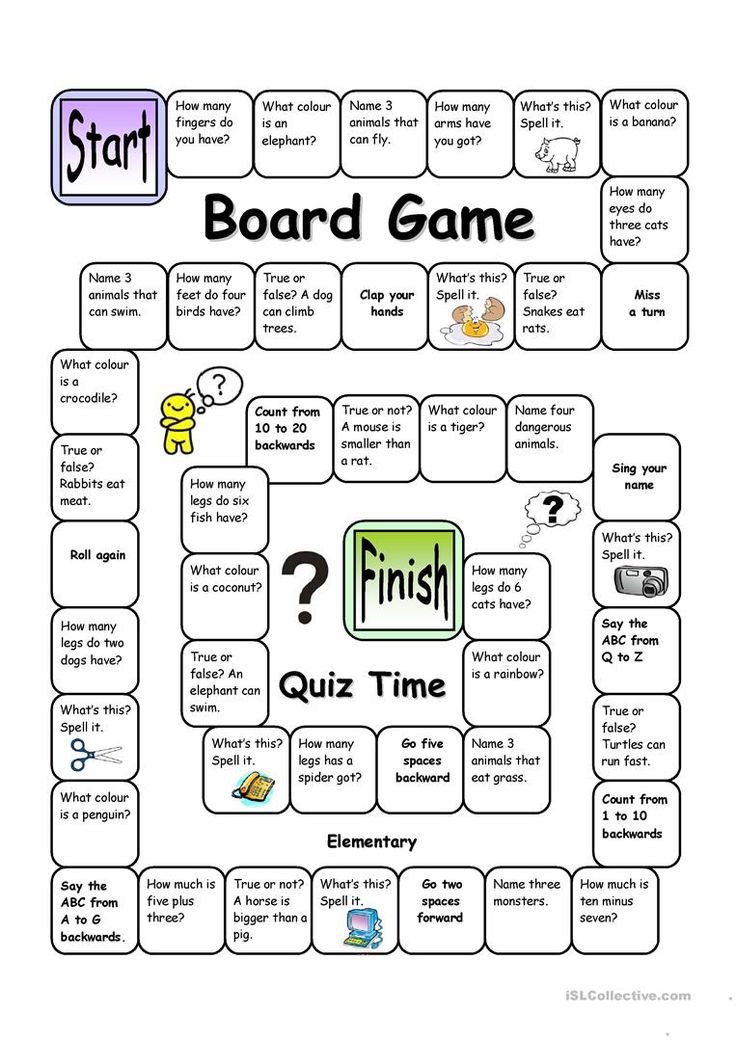
With the help of poems, you can learn not only new words, but also remember temporary constructions. For example:
To have
I have a father,
I have a mother,
I have a sister,
I have a brother.
Father, mother, sister, brother -
Hand in hand with one another.
With the help of this rhyme you can work out the structure of the question:
There is / there are
There is a mouse in the house.
There is a cat in the flat.
There is a fox in the box.
There is a bee in the tree.
Is there a mouse in the house?
Is there a cat in the flat?
Is there a fox in the box?
Is there a bee in the tree?
Yes, there is.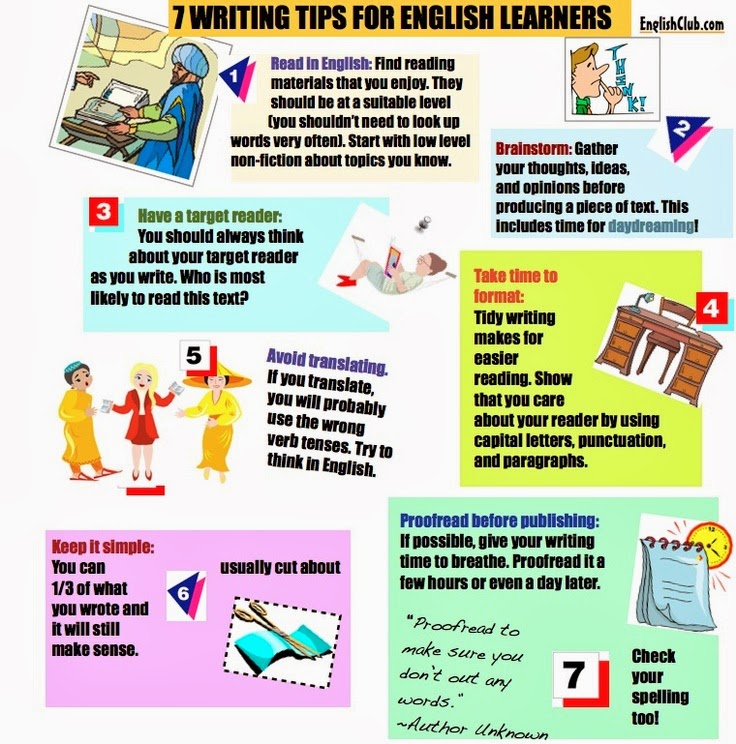
How to learn English for business
Don't be scared, it's the same as learning general English. The main thing is to choose the necessary sources of study. It is worth focusing on a video on a topic that is relevant to you.
When choosing a textbook, it is also worth considering the business area that you need. Studying business English with a teacher, he will help you to place all the accents correctly and focus on the topics that you need, whether it is business, aviation or agriculture.
Do you need a mentor? Of course, no one can say, for example, how to learn English words in 5 minutes 😉 But we will select the best teacher who will lead you to the result. Set goals and achieve them! There is nothing unattainable, the main thing is to correctly prioritize and understand what to work on.
How to remember the spelling of English words? There are several easy ways
The English language has a lot of hard-to-speak words that are written against the rules.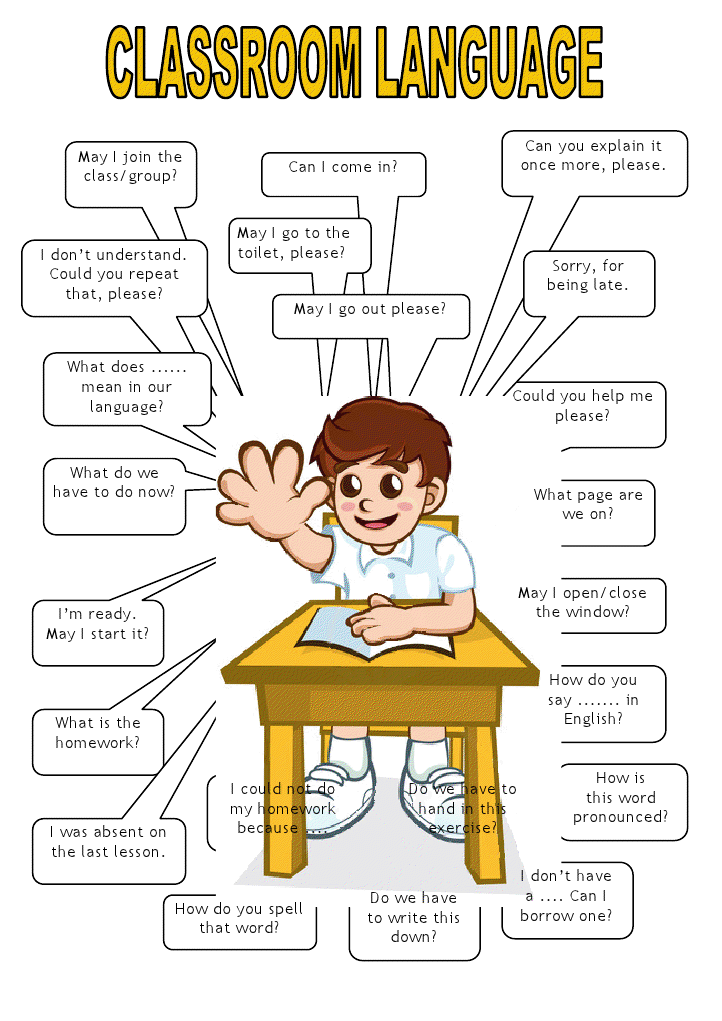 The old adage “rules were made to be broken” is absolutely true when it comes to the rules of English spelling. Some English words can't always be spelled correctly even by native speakers, so language learners need to find ways to remember the spelling of words like Beautiful , Desert , Dessert , Accommodate , others , RENAS
The old adage “rules were made to be broken” is absolutely true when it comes to the rules of English spelling. Some English words can't always be spelled correctly even by native speakers, so language learners need to find ways to remember the spelling of words like Beautiful , Desert , Dessert , Accommodate , others , RENAS
How to remember the spelling Wednesday?
One of the easiest ways to remember the spelling of the word Wednesday is to break it into three syllables and say each syllable: Wed - nes - day . Then you will remember to write the letter d in the first syllable and the letter e in the second.
Another way is to use the mnemonic method as a way to improve the ability to remember information.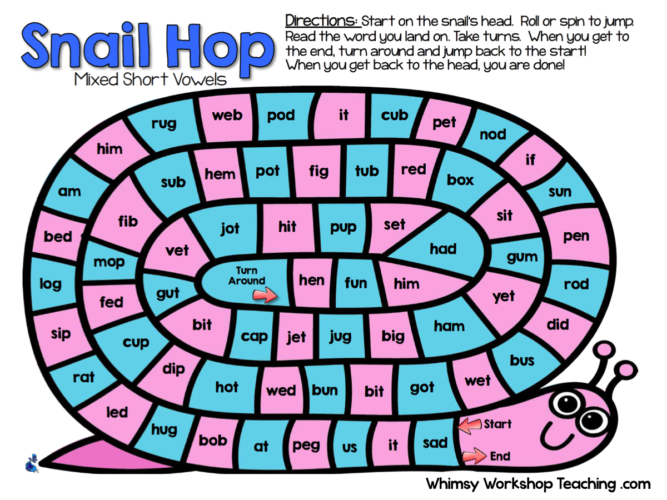 A common mnemonic trick is to create an abbreviation from the first letters of each word. For example, a mnemonic method for remembering the planets of the solar system might be:
A common mnemonic trick is to create an abbreviation from the first letters of each word. For example, a mnemonic method for remembering the planets of the solar system might be:
The first letter of each word in the phrase is the first letter of the planet's name.
Try to remember the spelling of the word Wednesday with the following sentences or make up your own:
How do you remember Weird?
The best way to remember how to spell the word weird (weird) is just to remember that it is weird and does not follow the rule: I before e except after c . If this does not help, then try to remember this:
How to remember Renaissance?
Everything is very simple here: break it into three words - Rena is sance . It remains to say aloud several times to consolidate the connection, and you will remember it.
How to distinguish between Dessert and Desert?
Dessert [dɪˈzɜːt] - dessert
Desert [ˈdɛzət] - desert
This is difficult, because it should be the opposite: Dessert should only have one s , which produces the long vowel ɜː , while desert needs two s to avoid the same. The following sayings are useful for remembering which word has one letter s and which has two letters:
The following sayings are useful for remembering which word has one letter s and which has two letters:
Of course, dessert is twice as pleasant as the desert!
How to write Beautiful?
The first thing that can help is it is important to be a beautiful person inside and out . So you remember that beautiful starts with be a .
Second option - you can try to remember the following mnemonic phrase:
How to write Accommodate ?
Remember that the word accommodate is so big that it can fit two letters c and two letters m .
How to write Together?
The word together is easily broken down into three words to get her which are very easy to remember.
How to remember the spelling of the word Separate?
Often there is a mistake in the word separate - after r you want to write e .
Learn more



